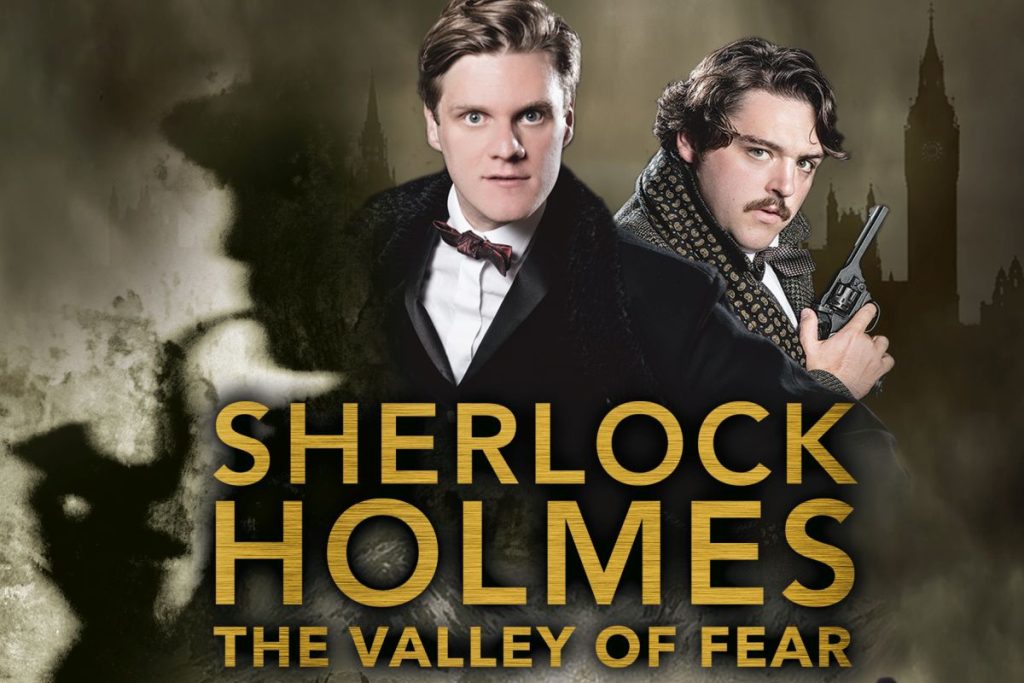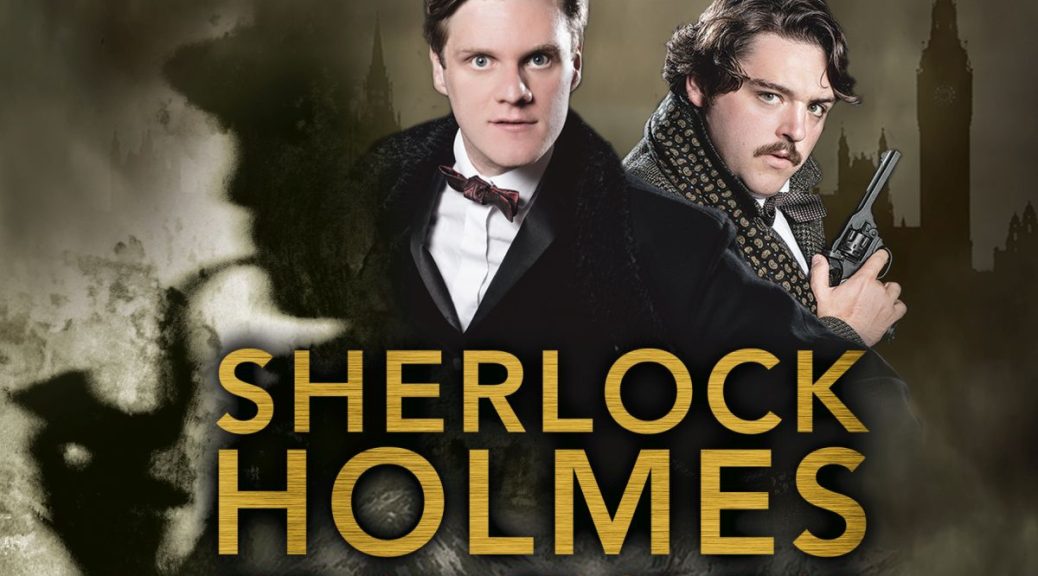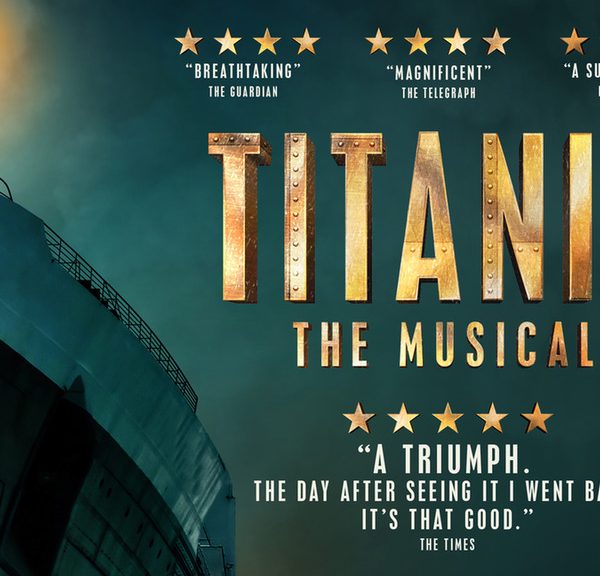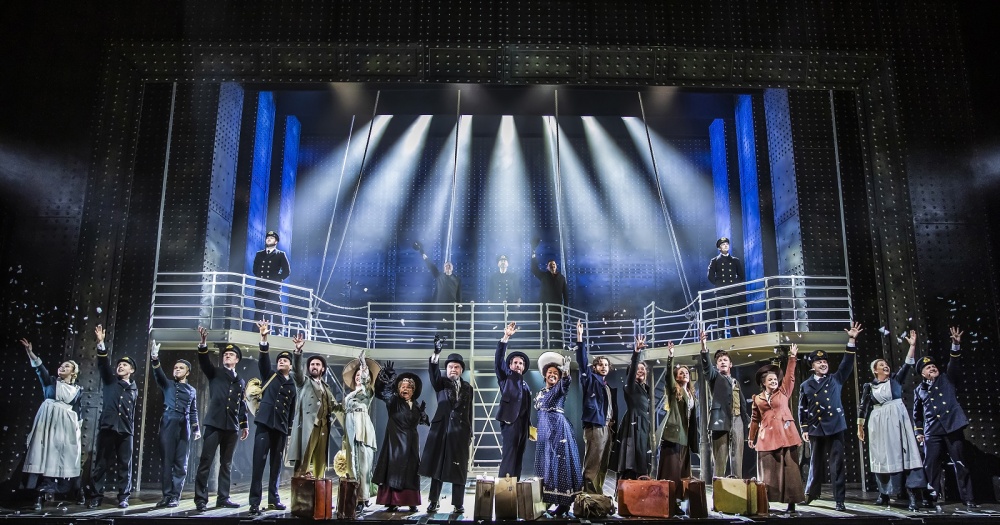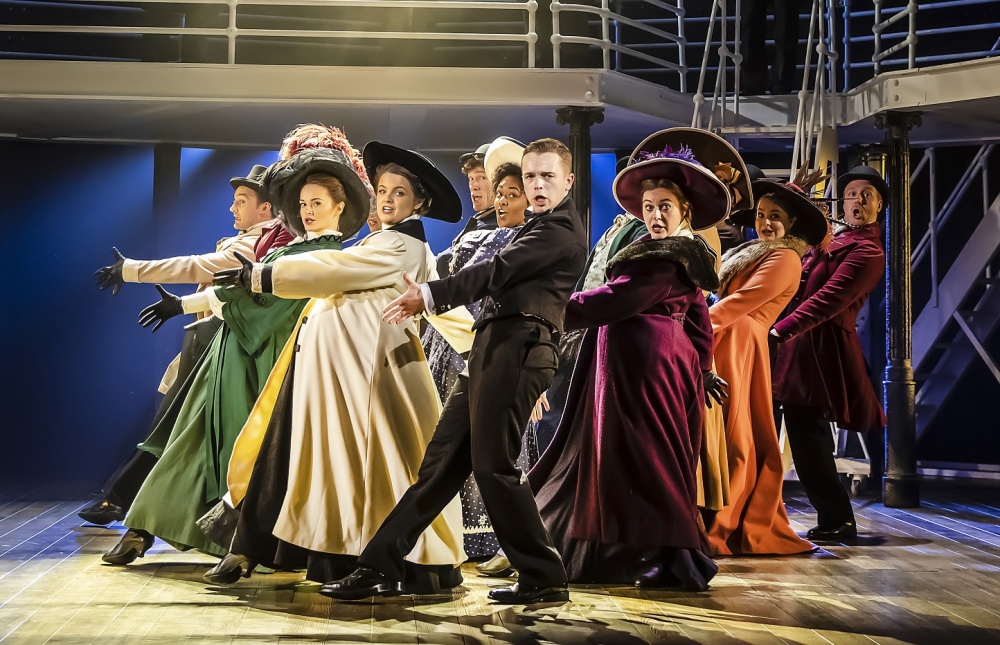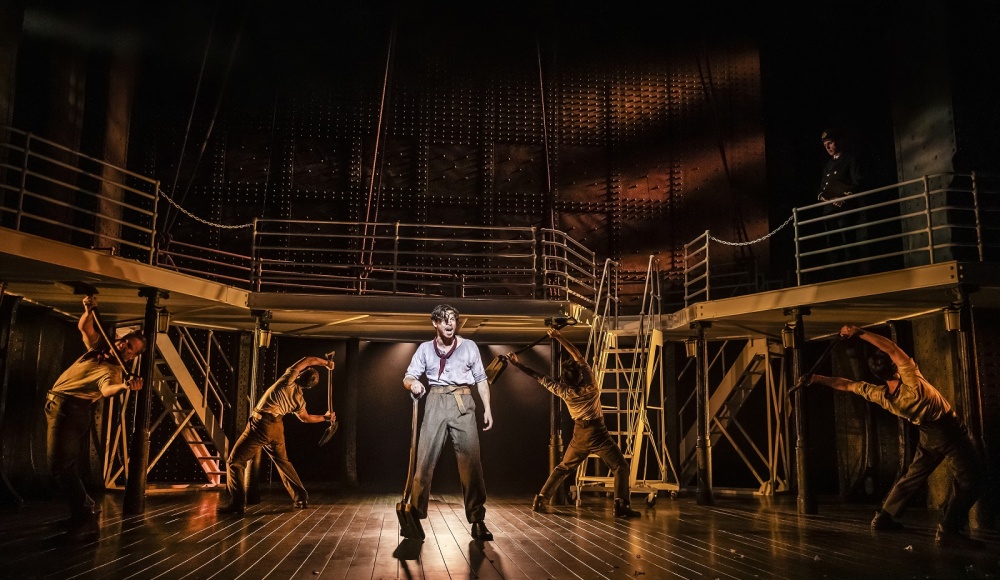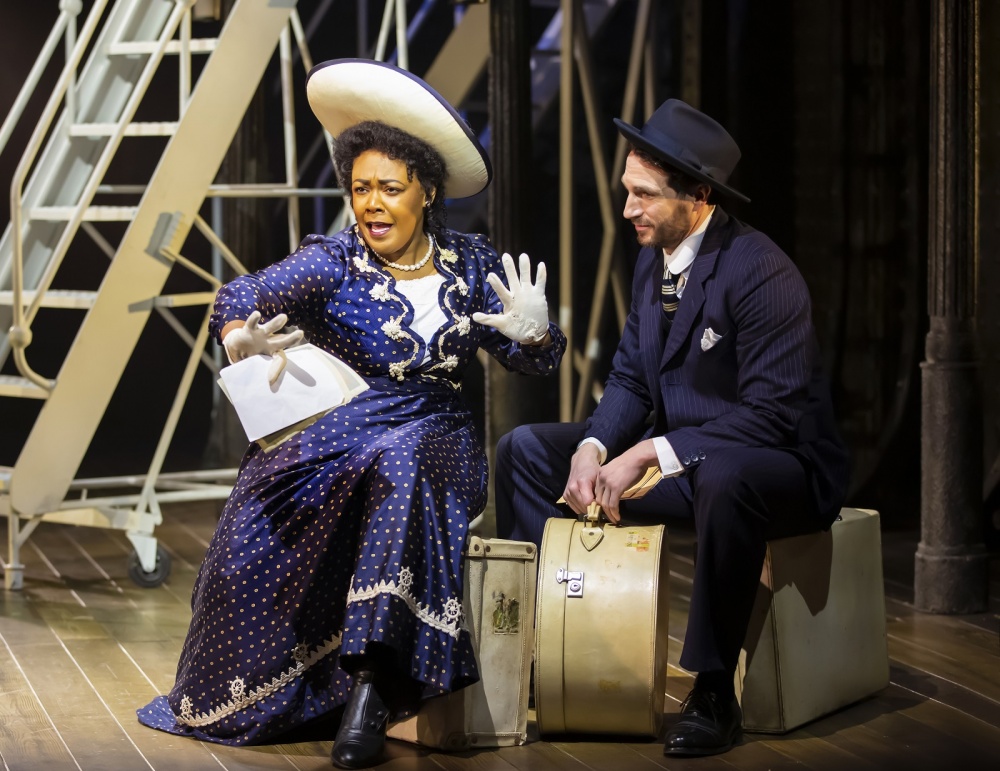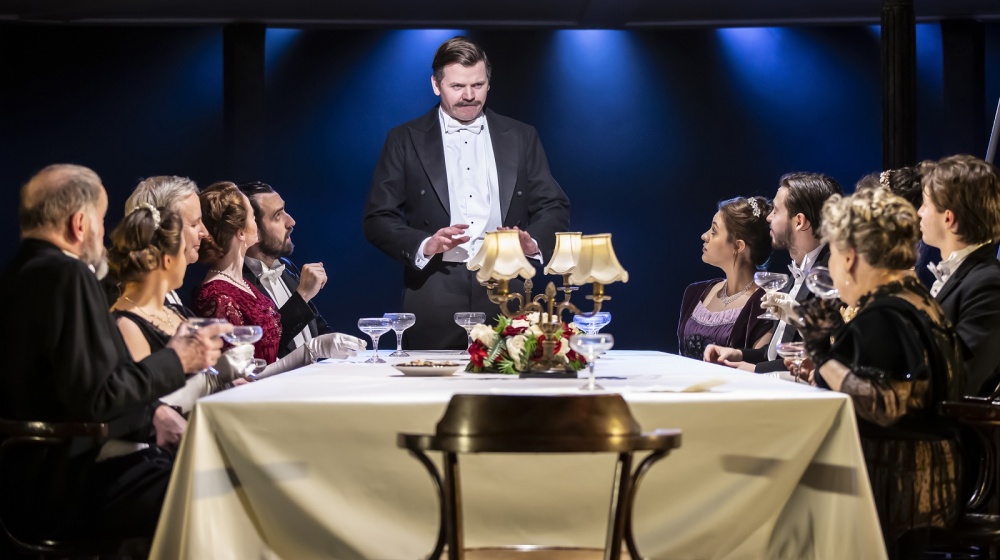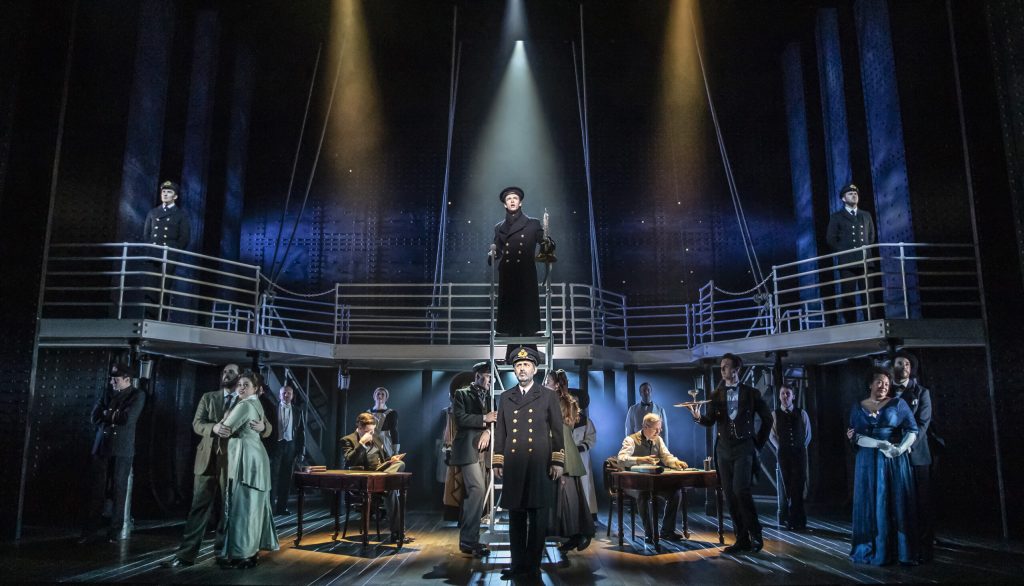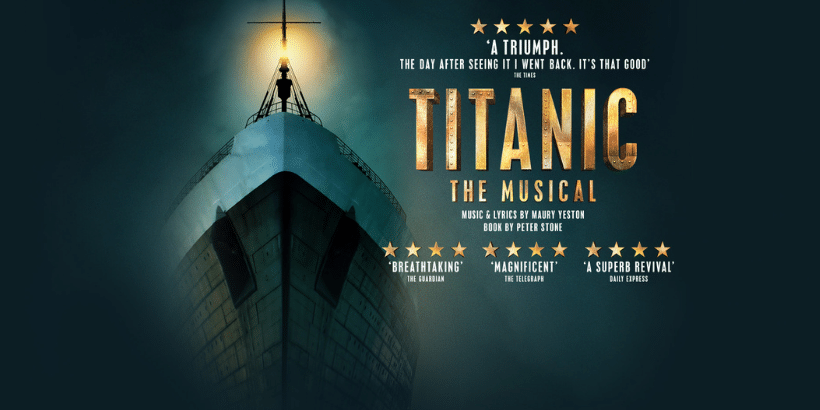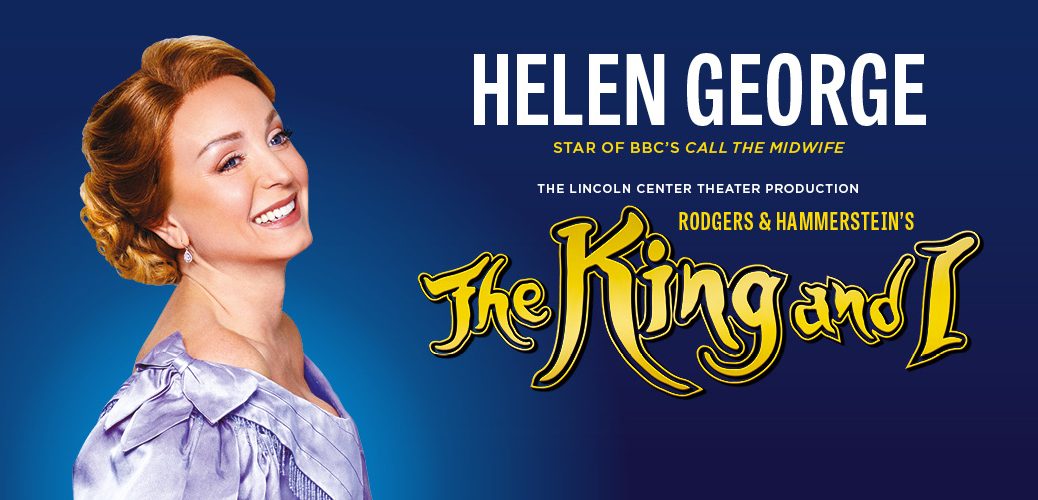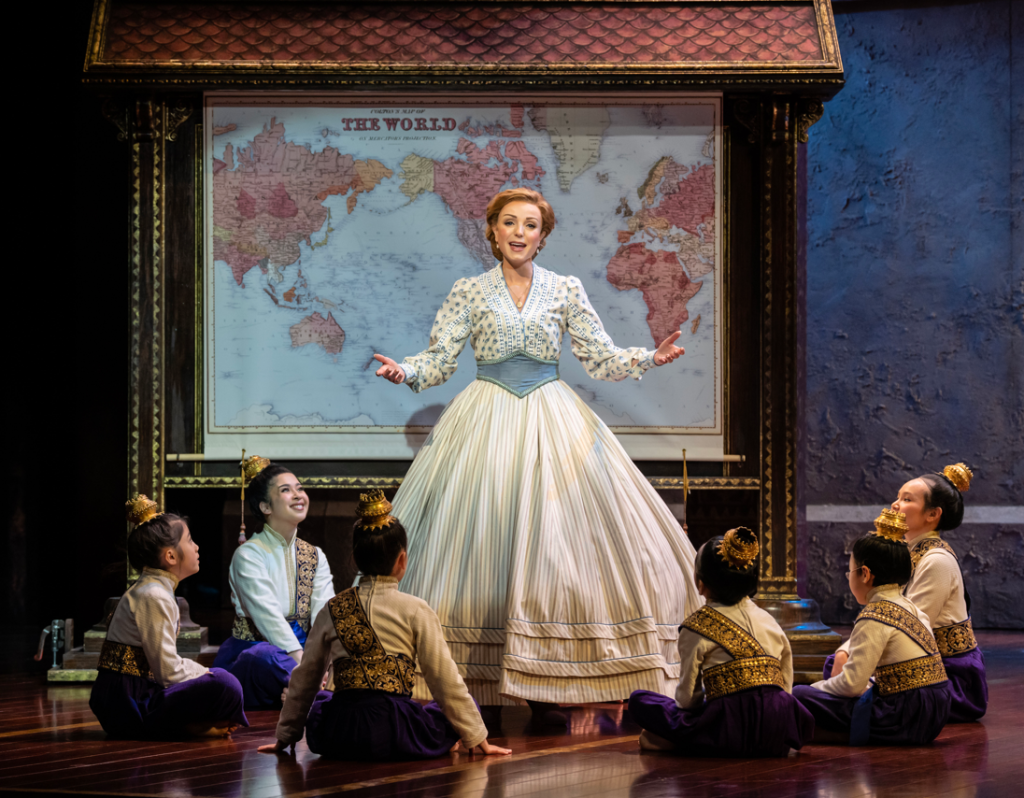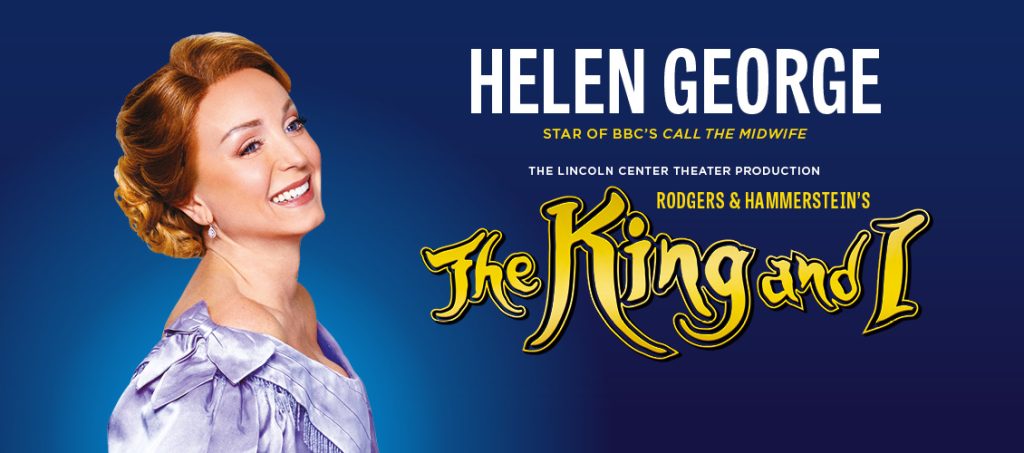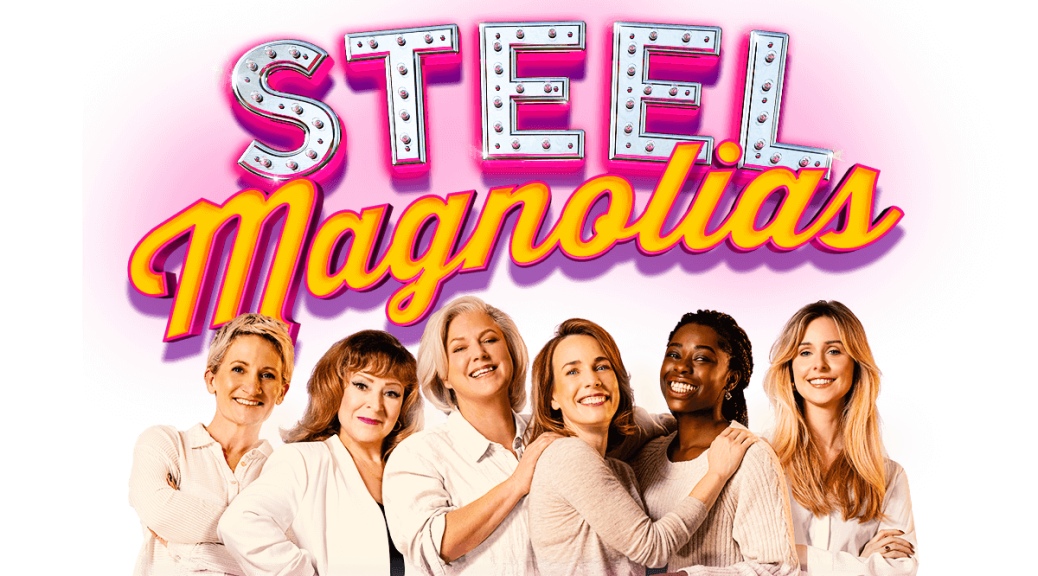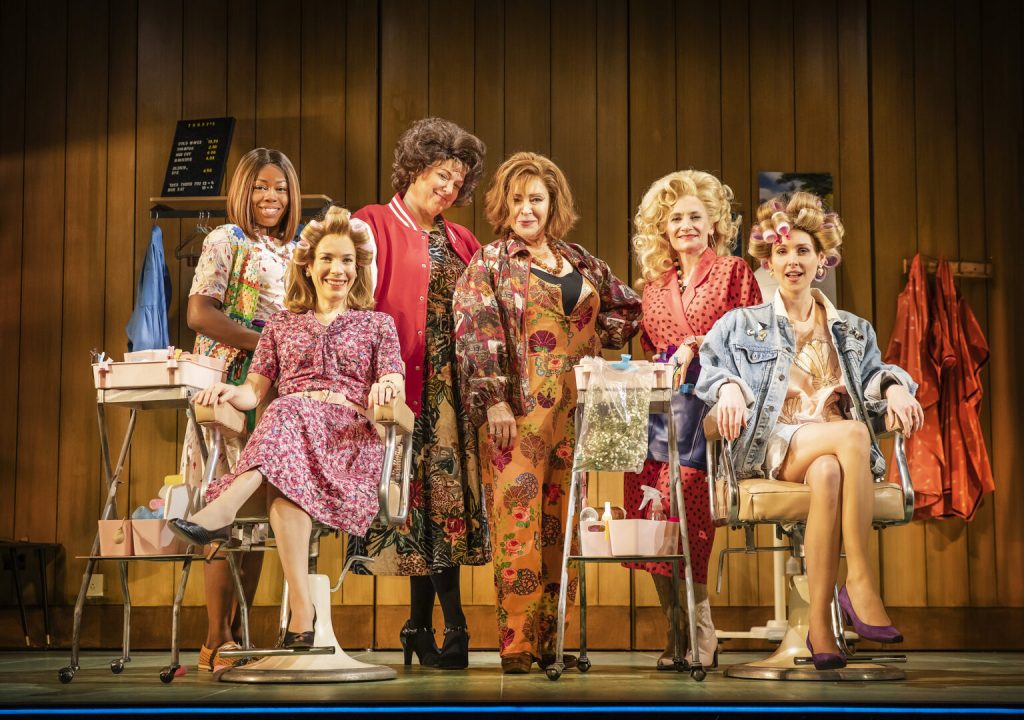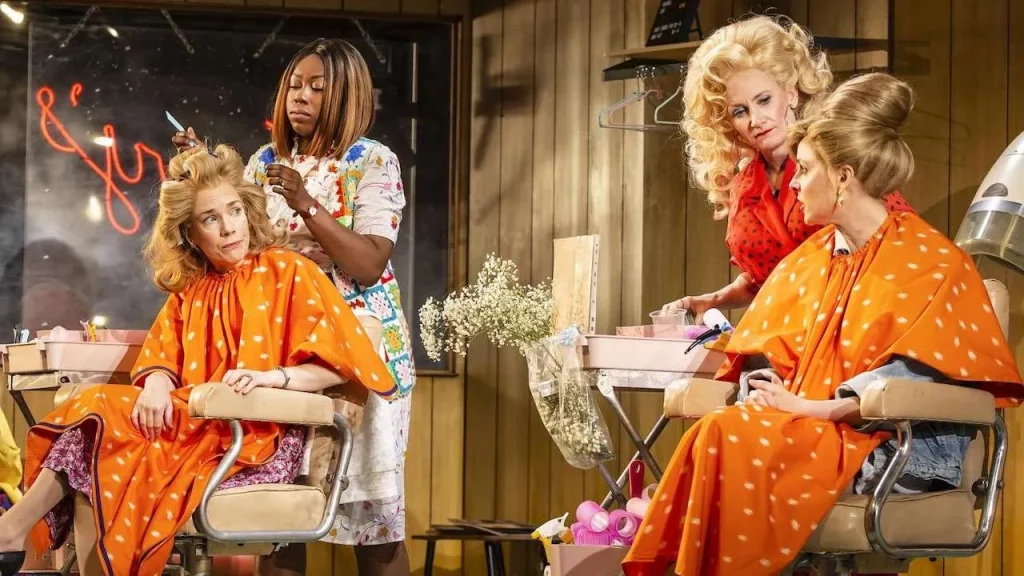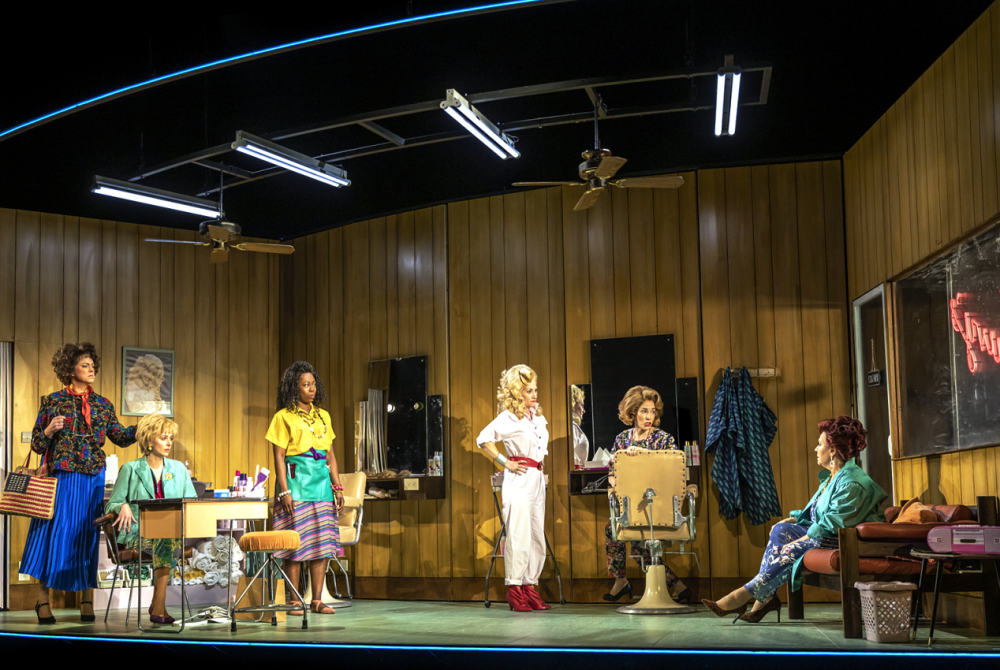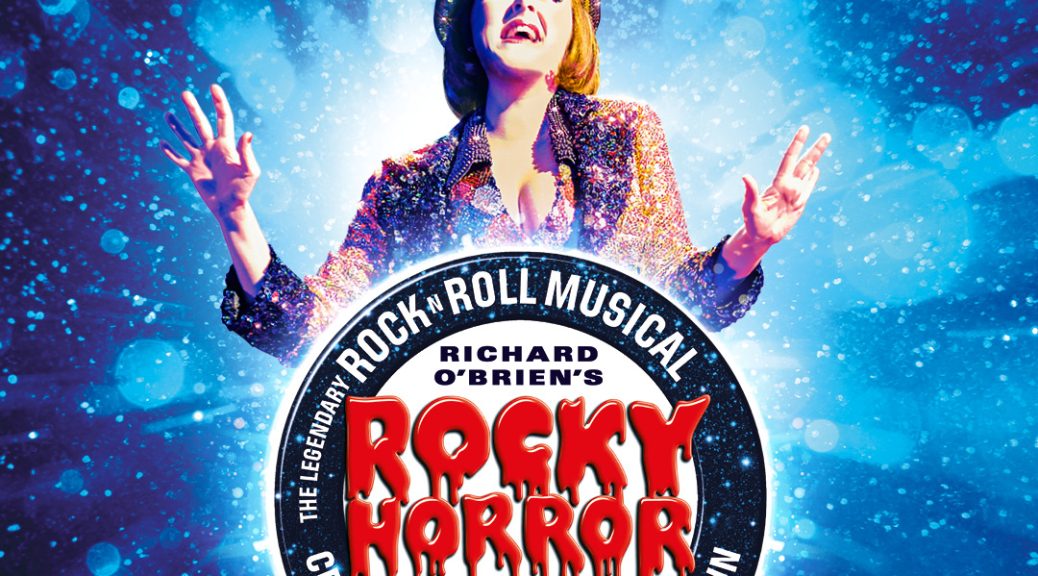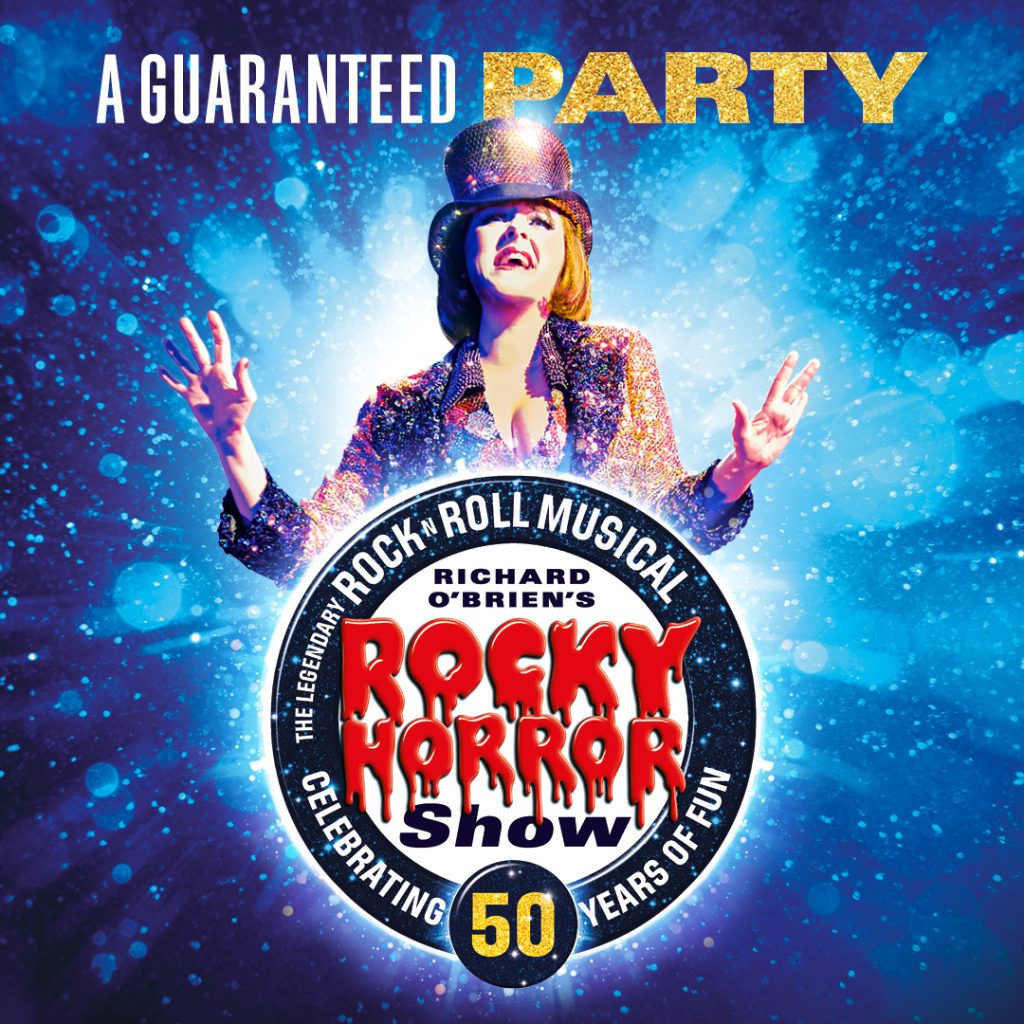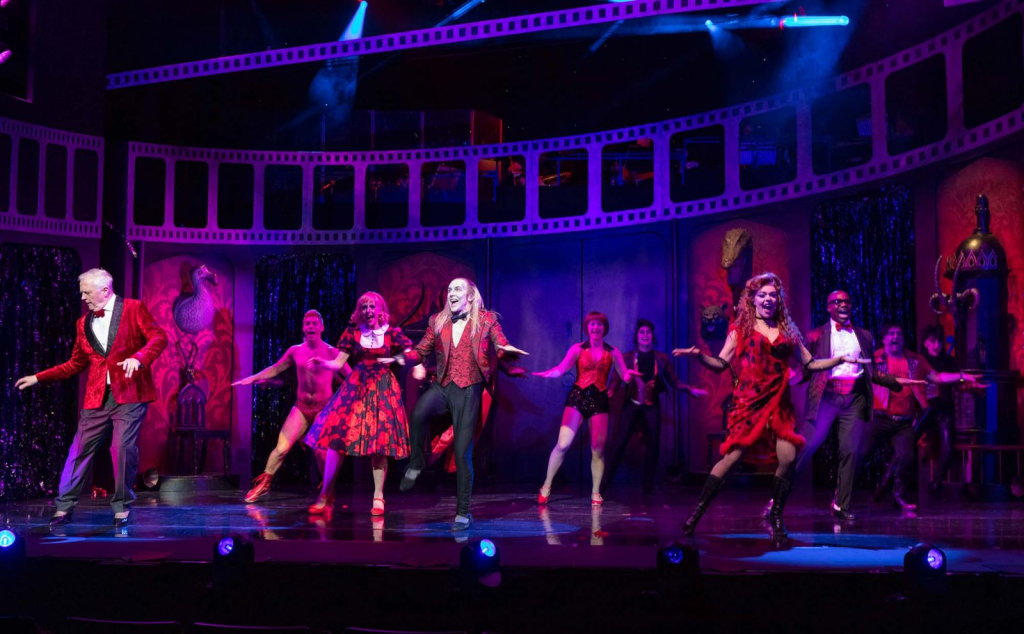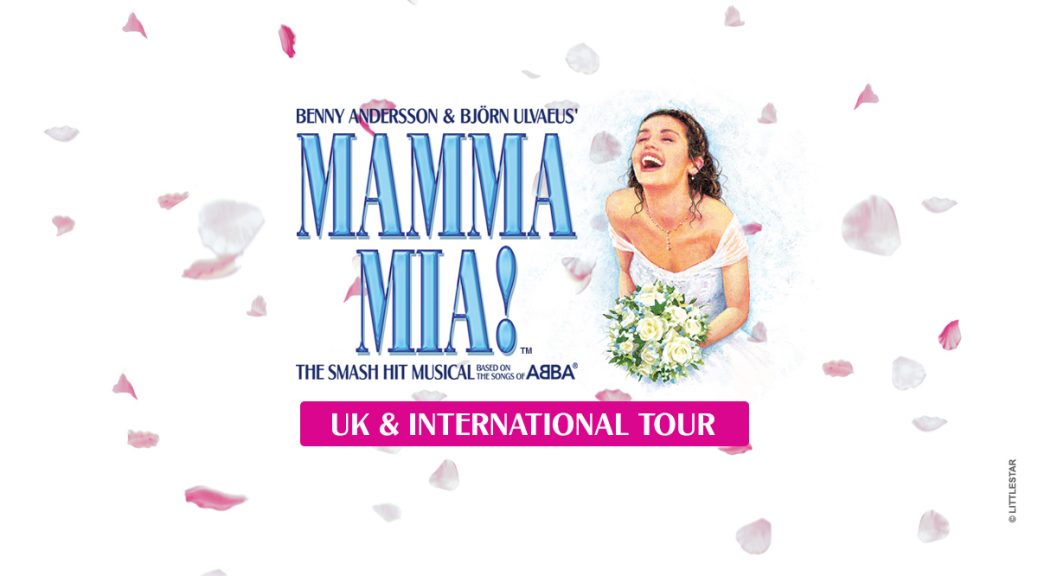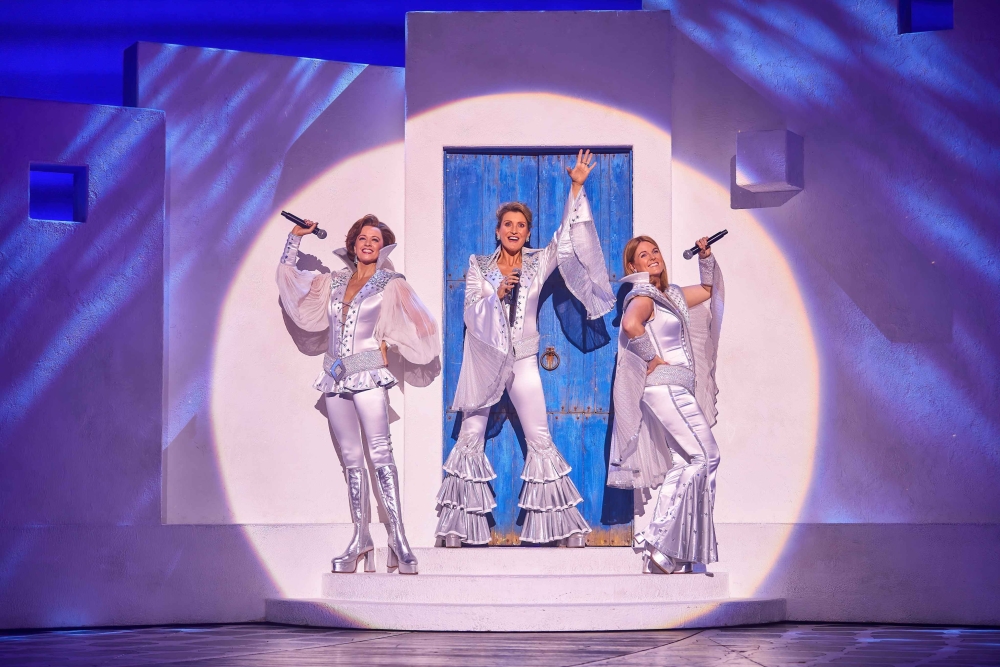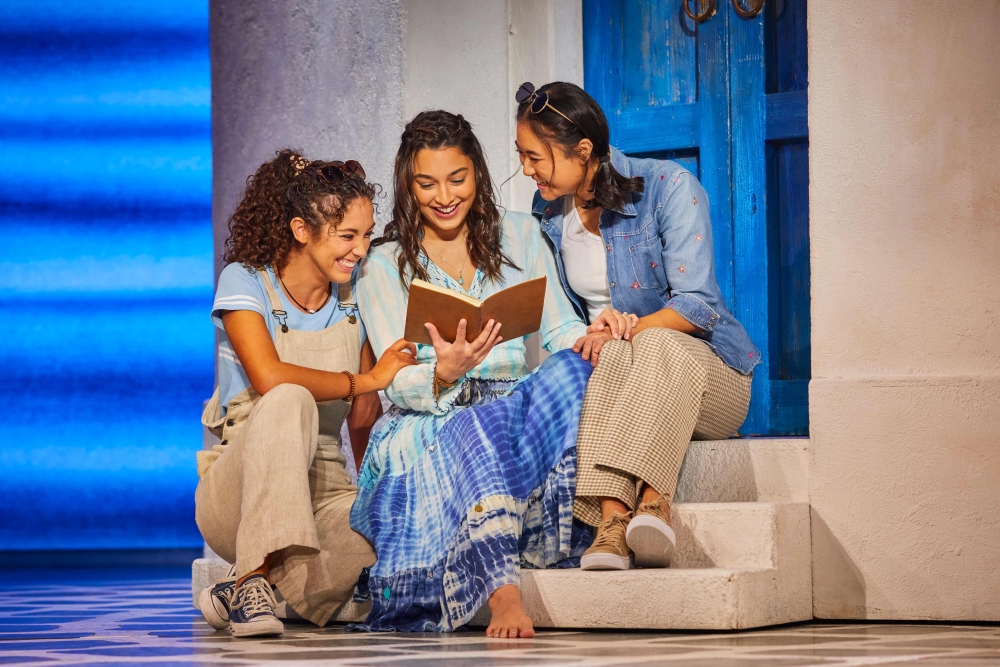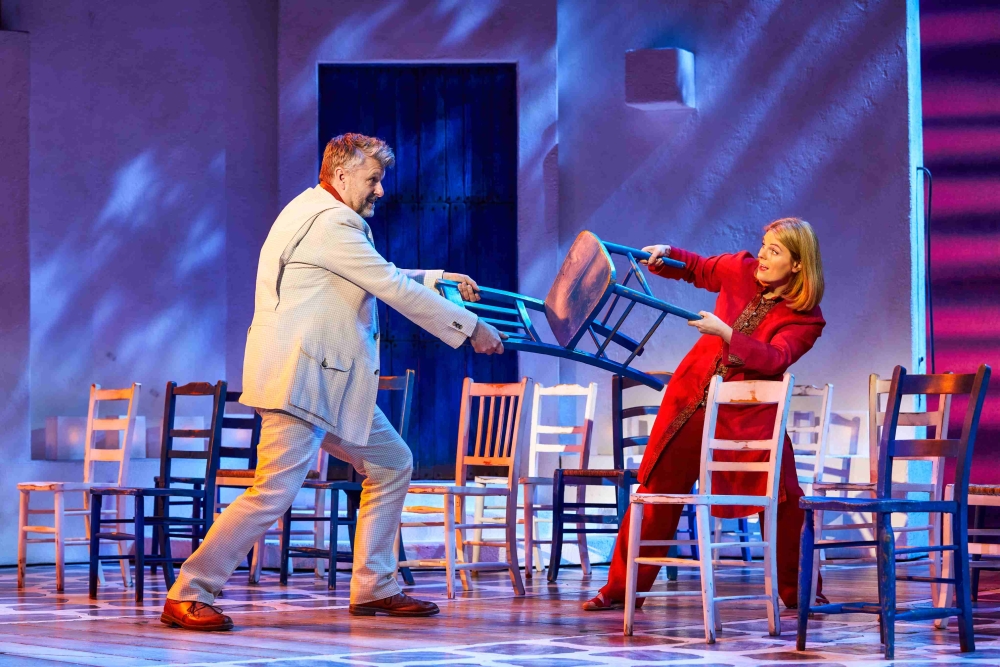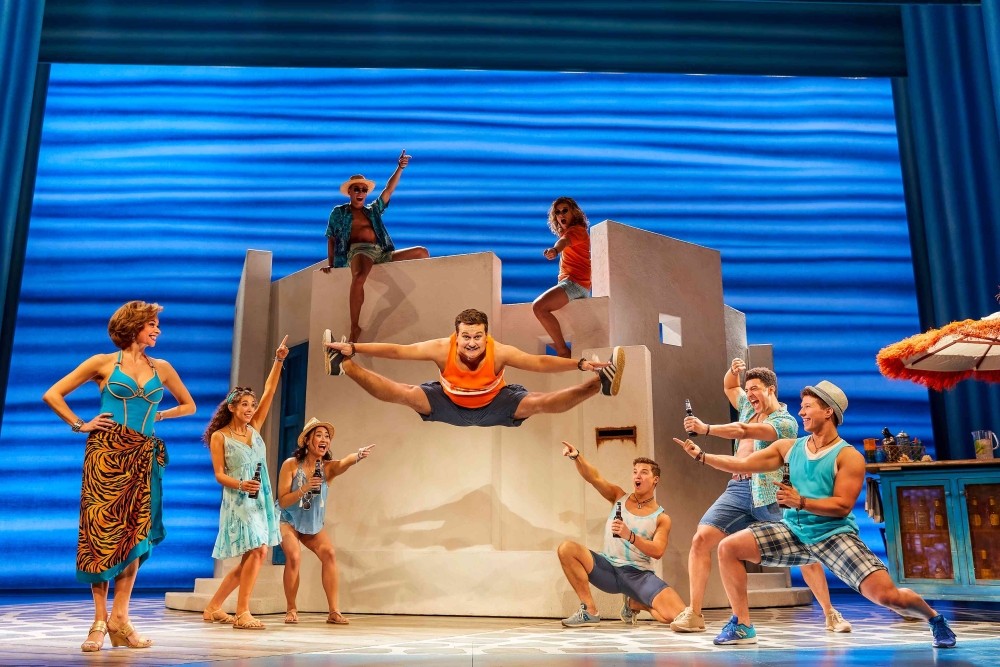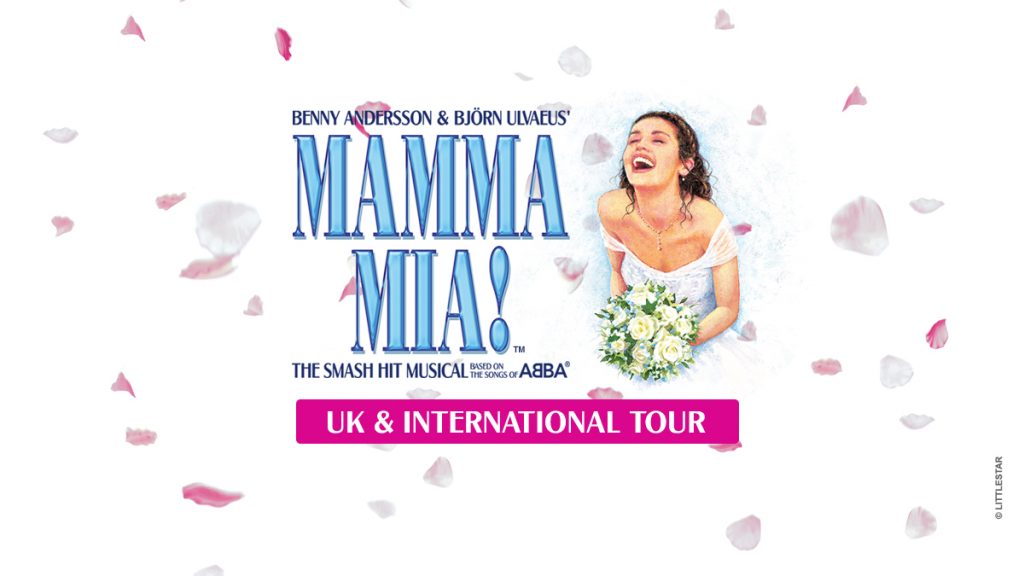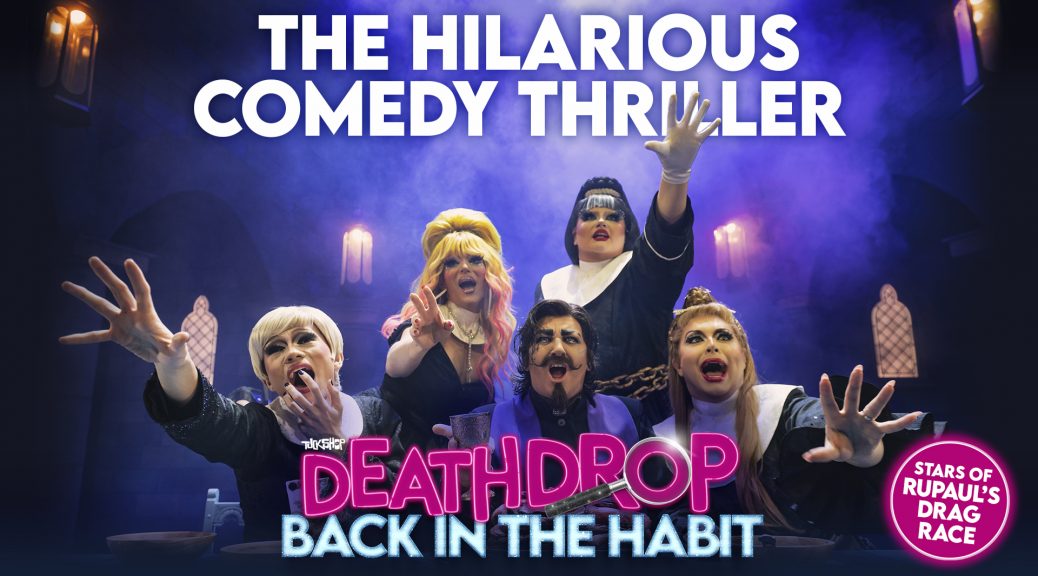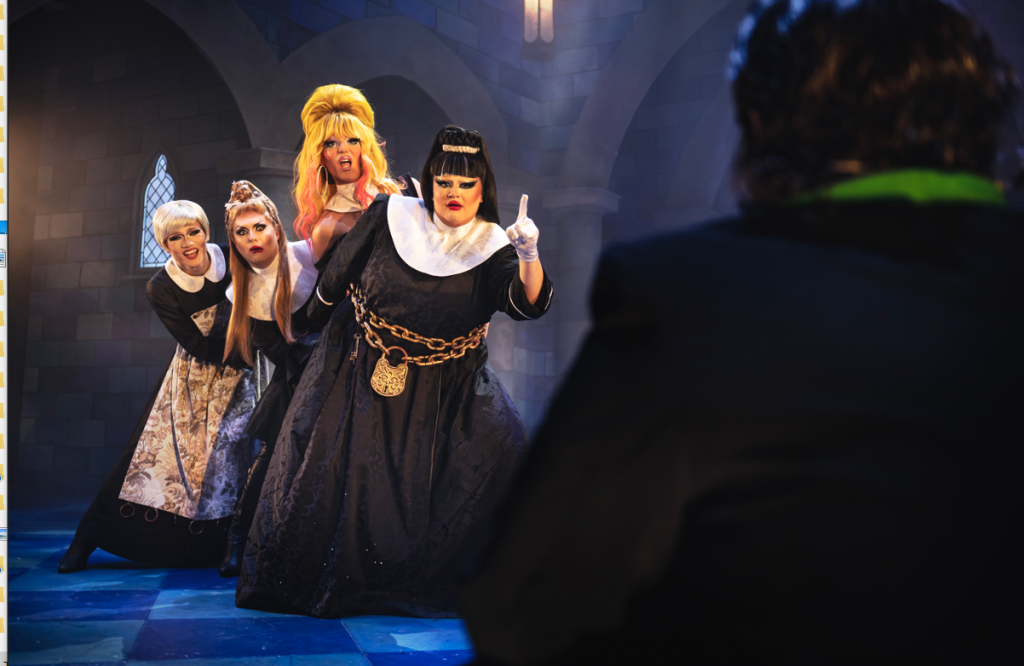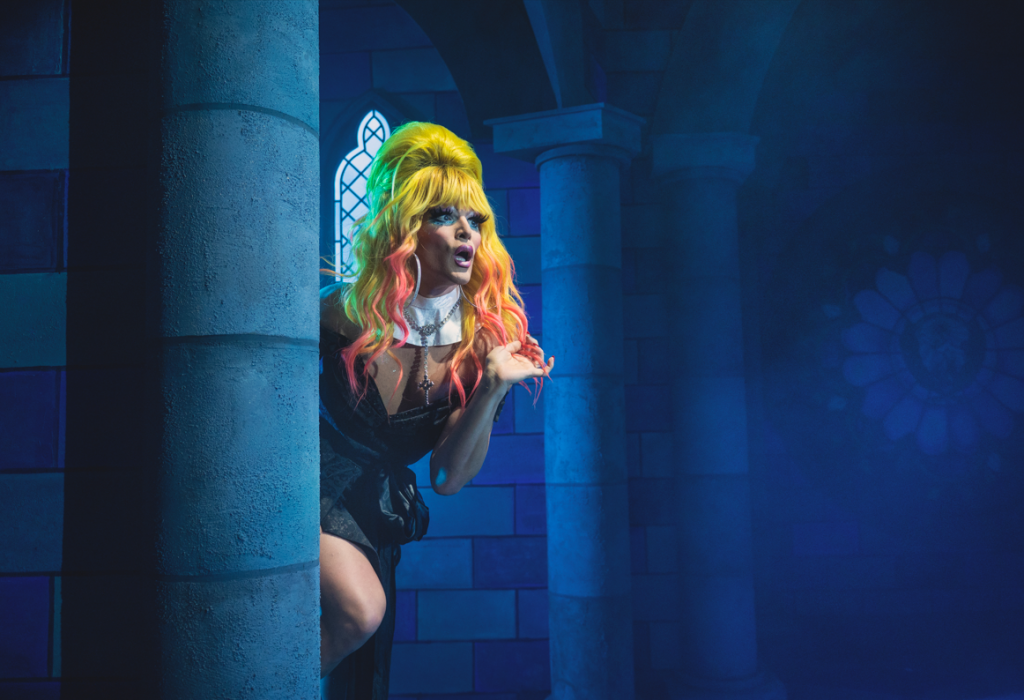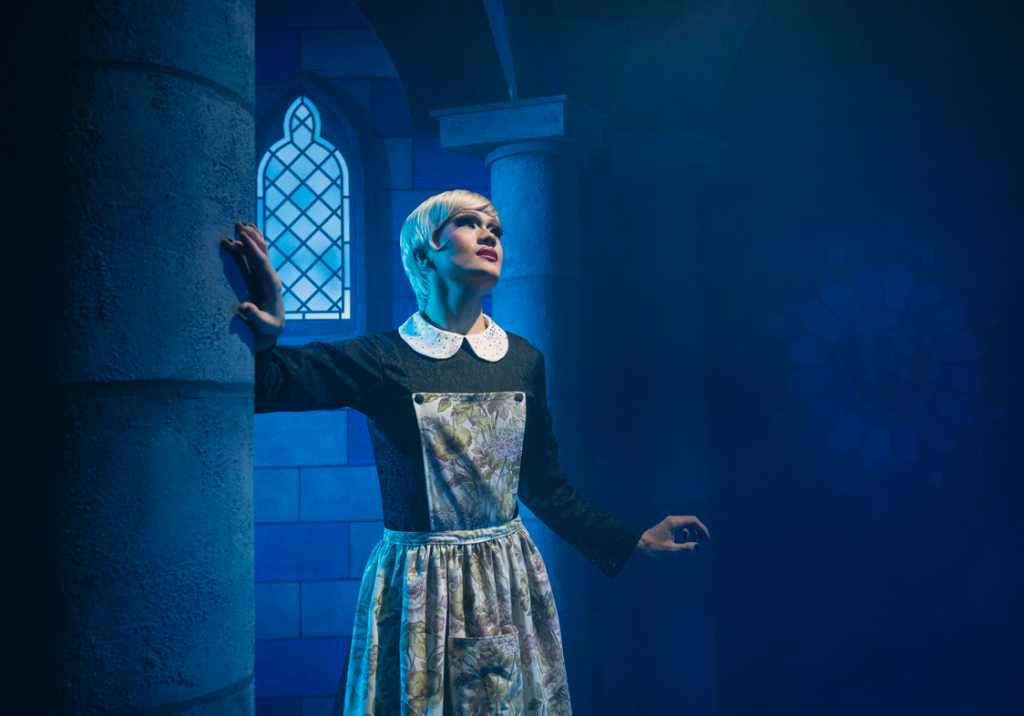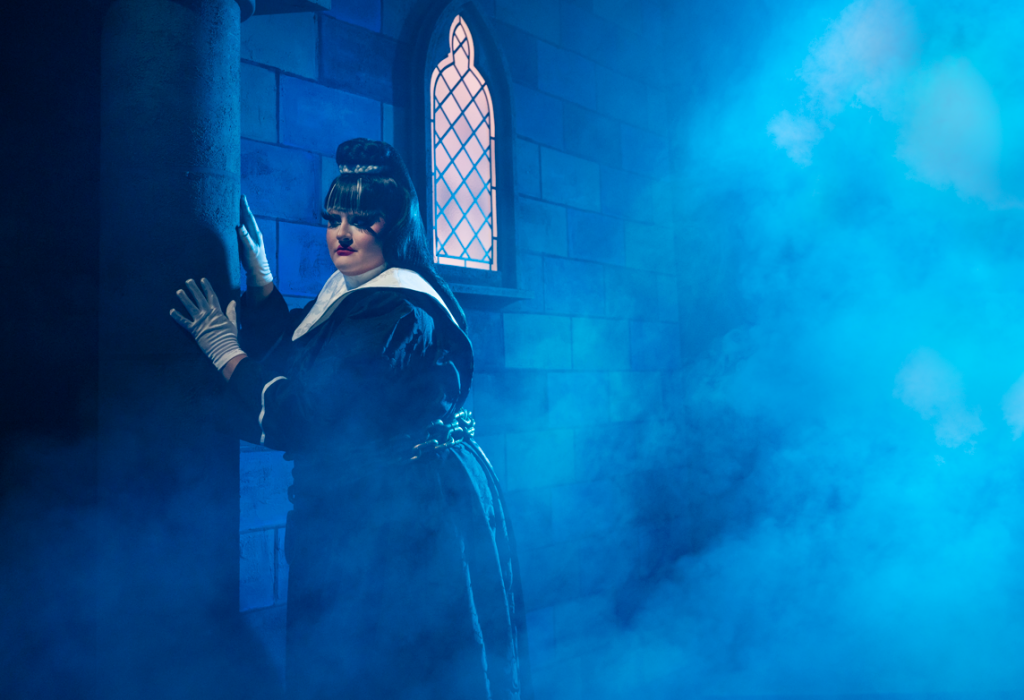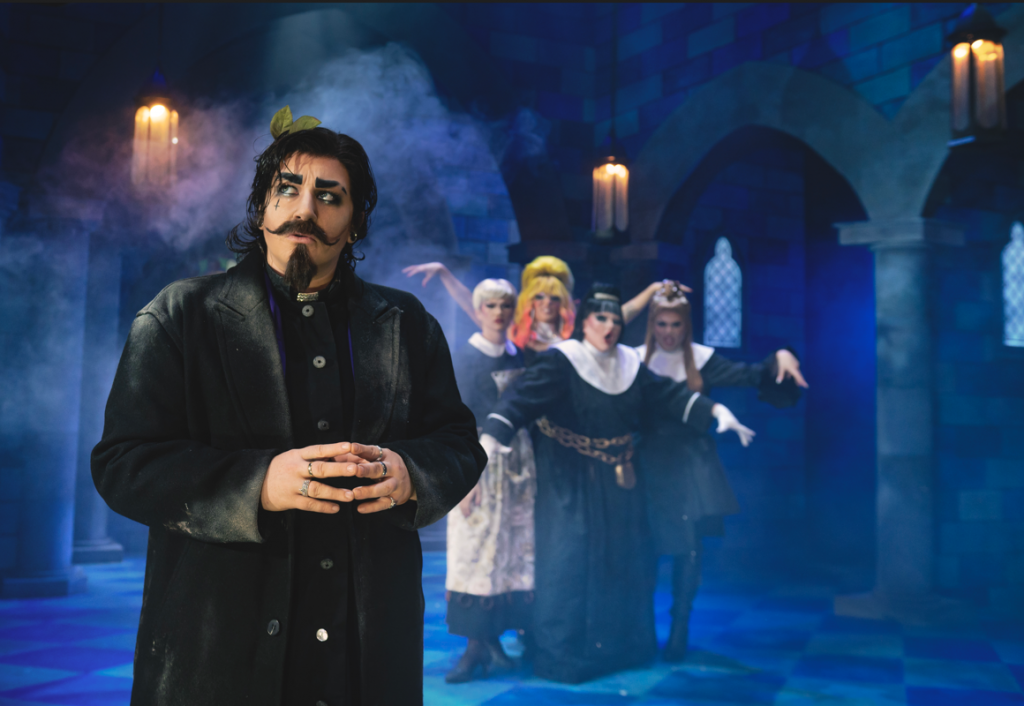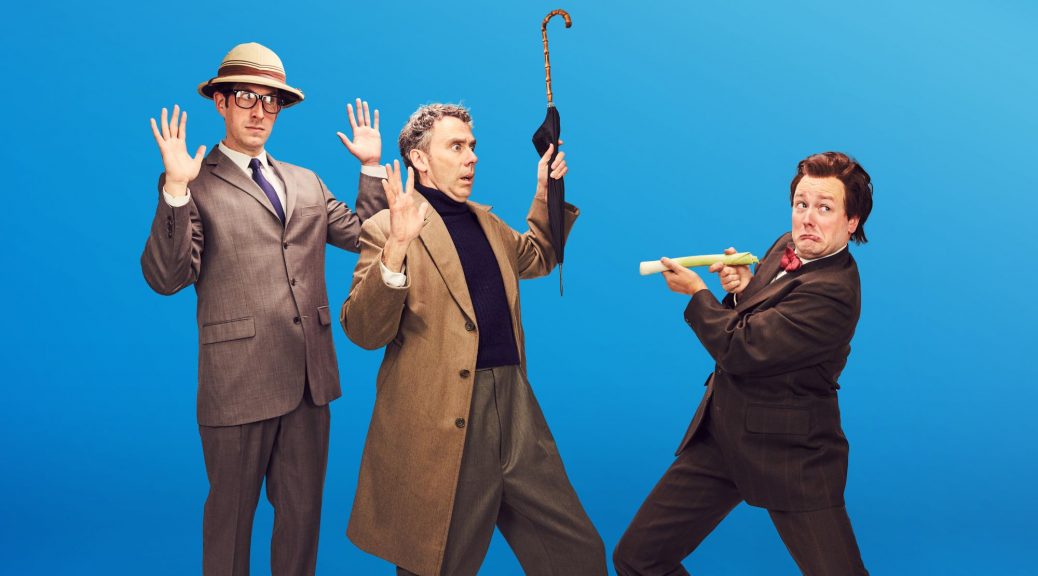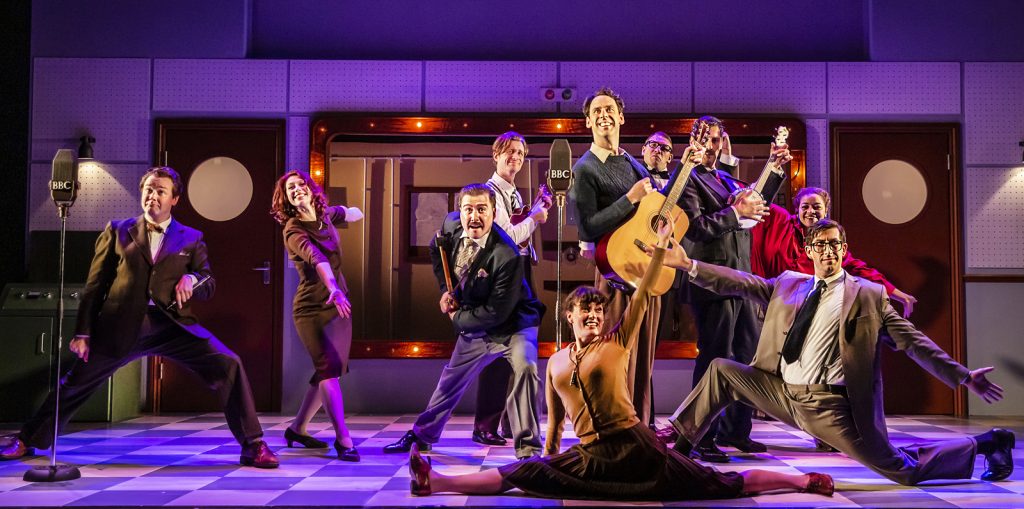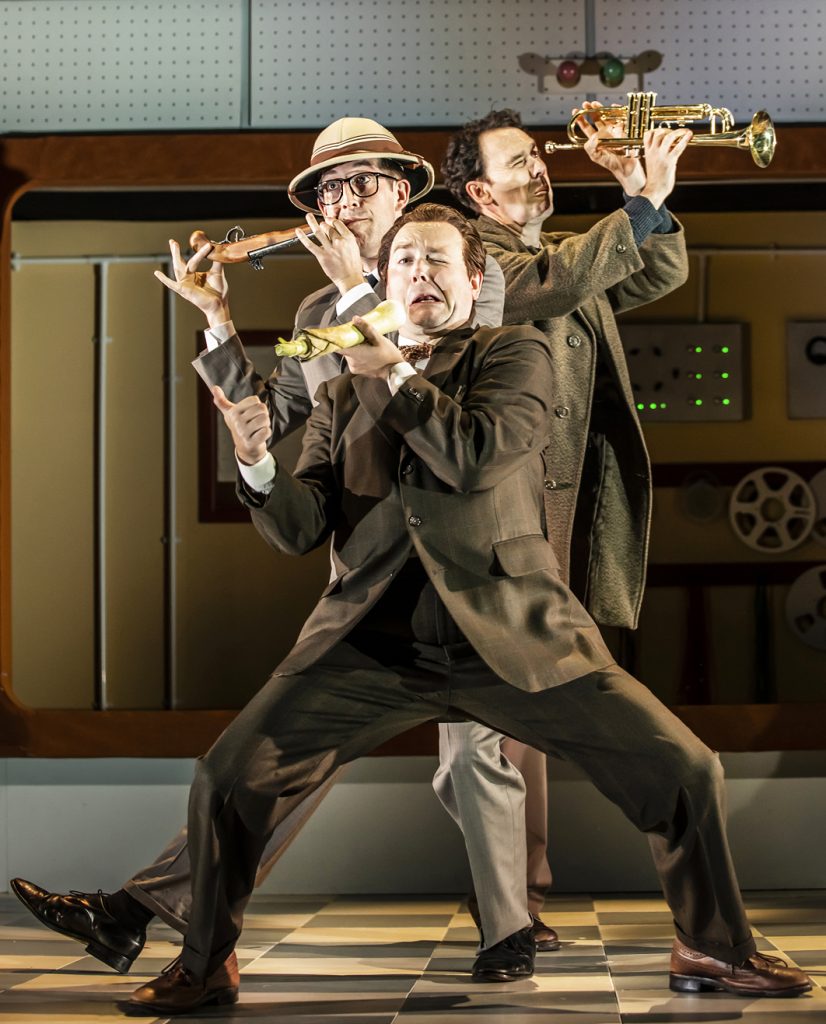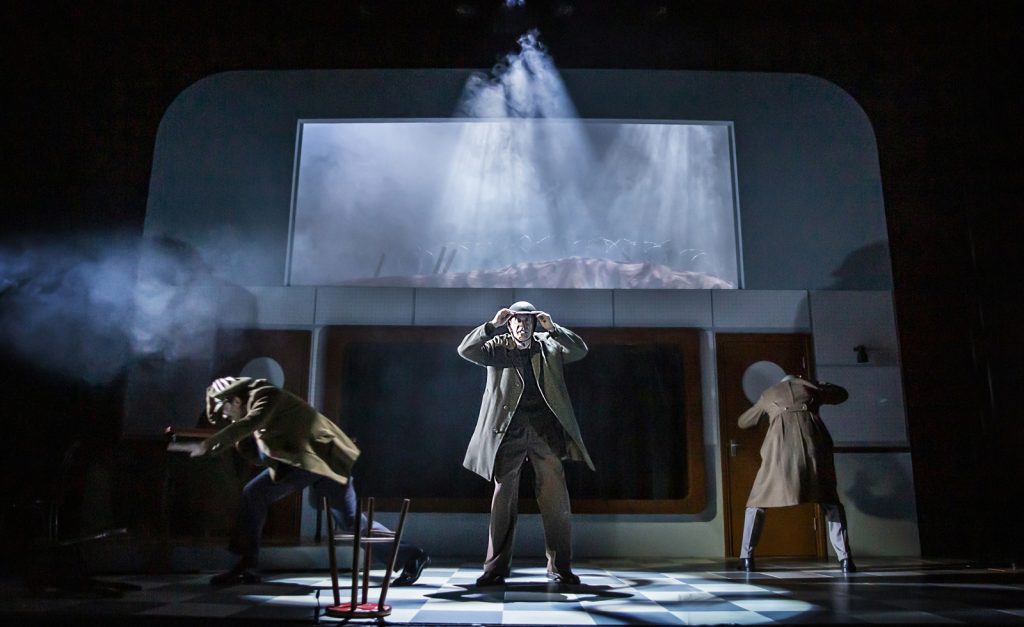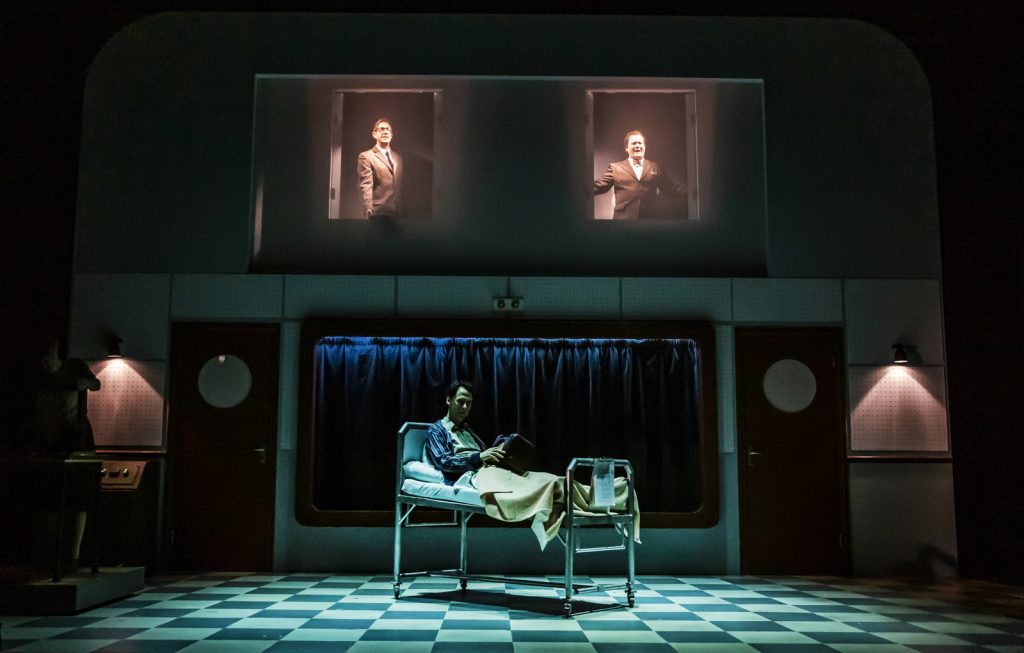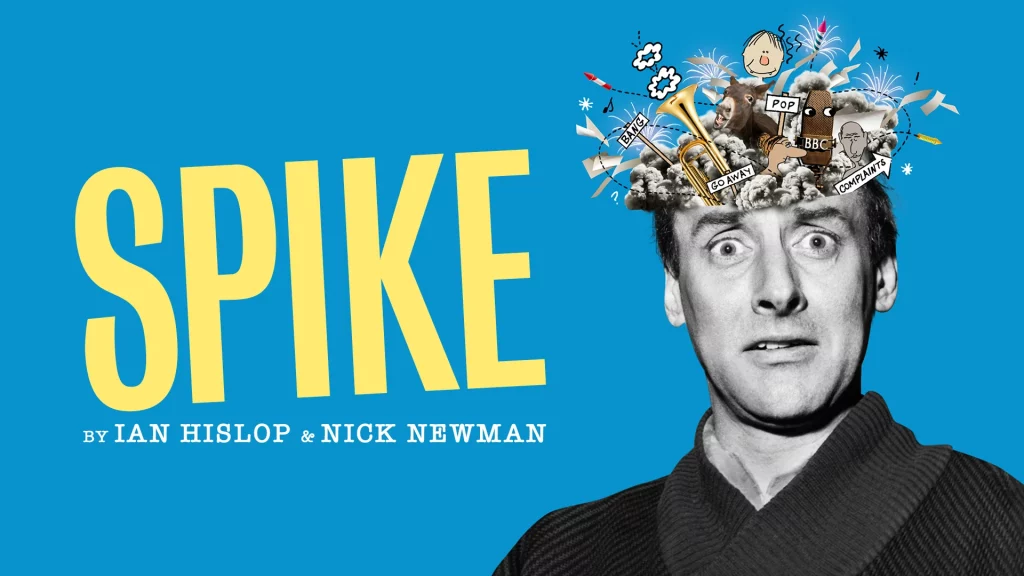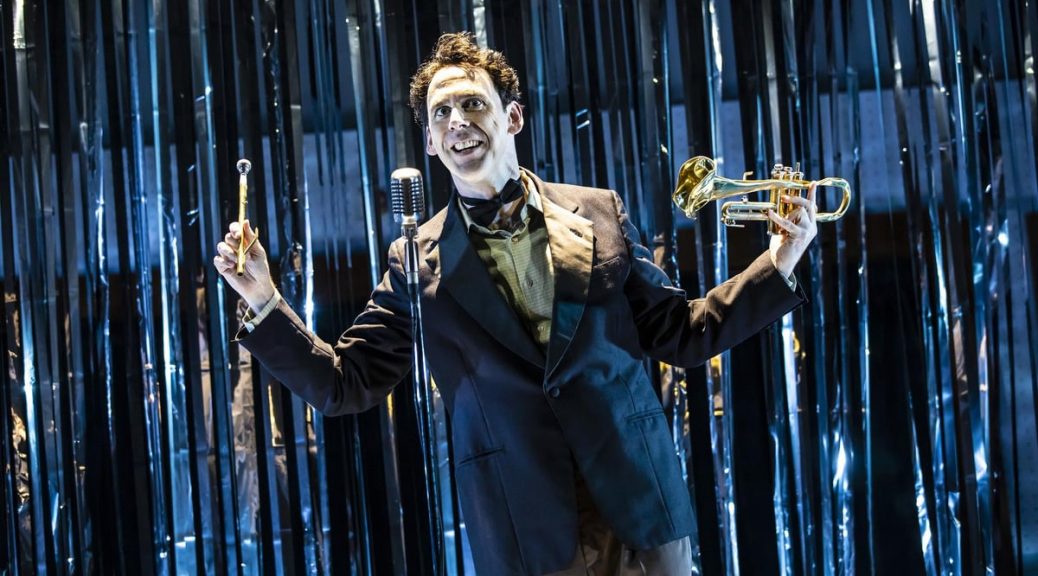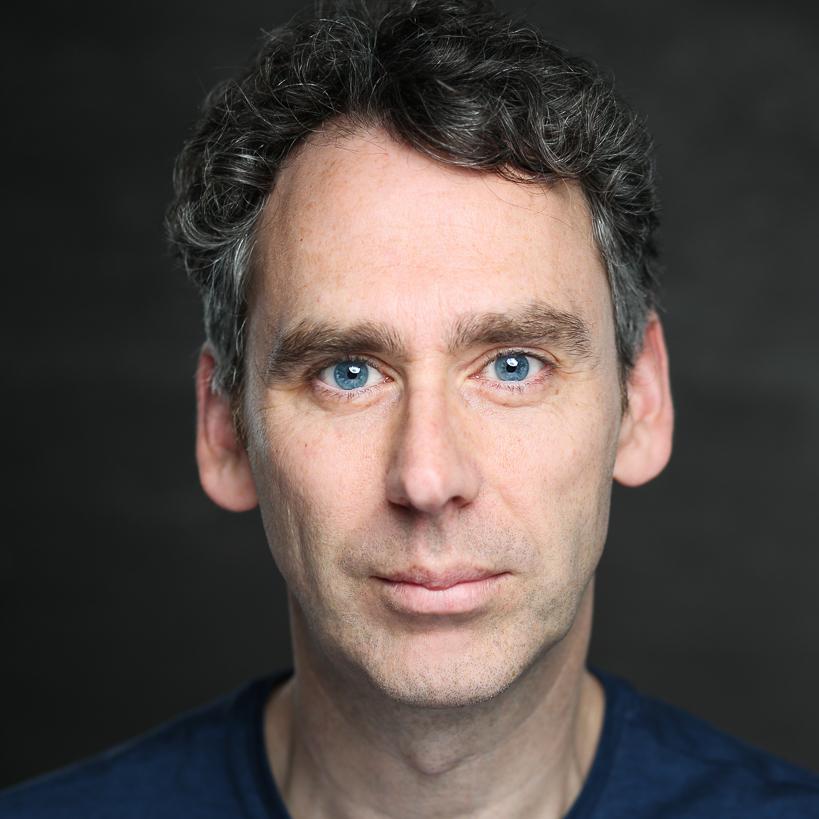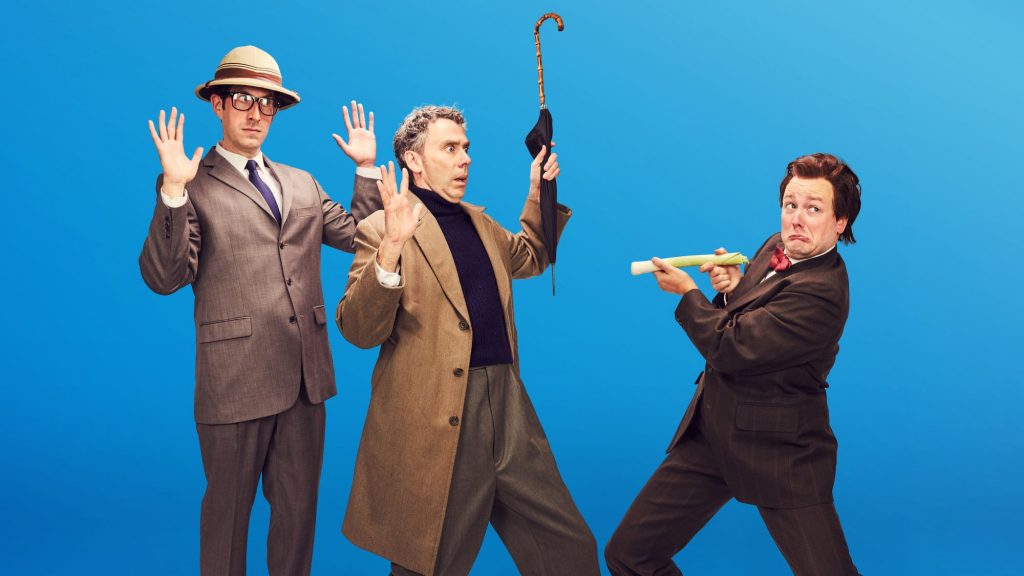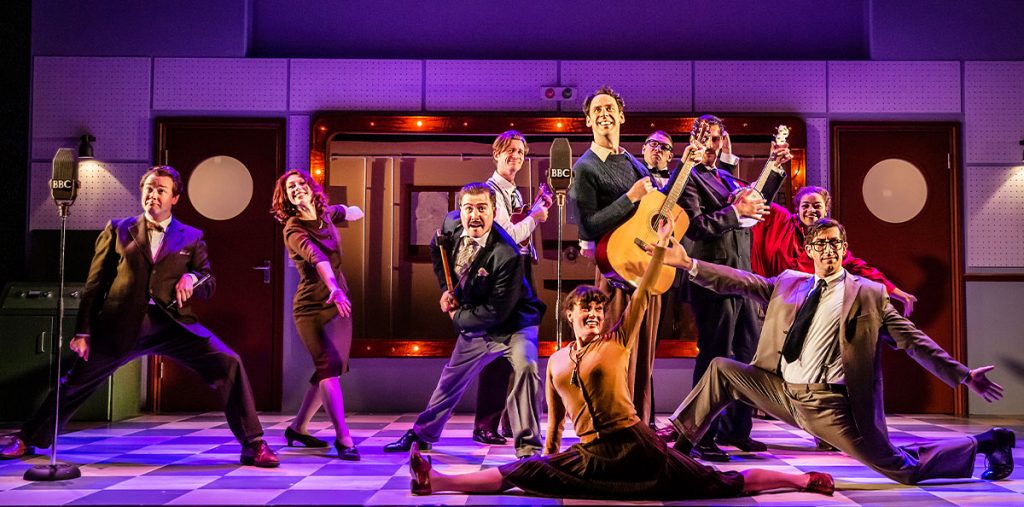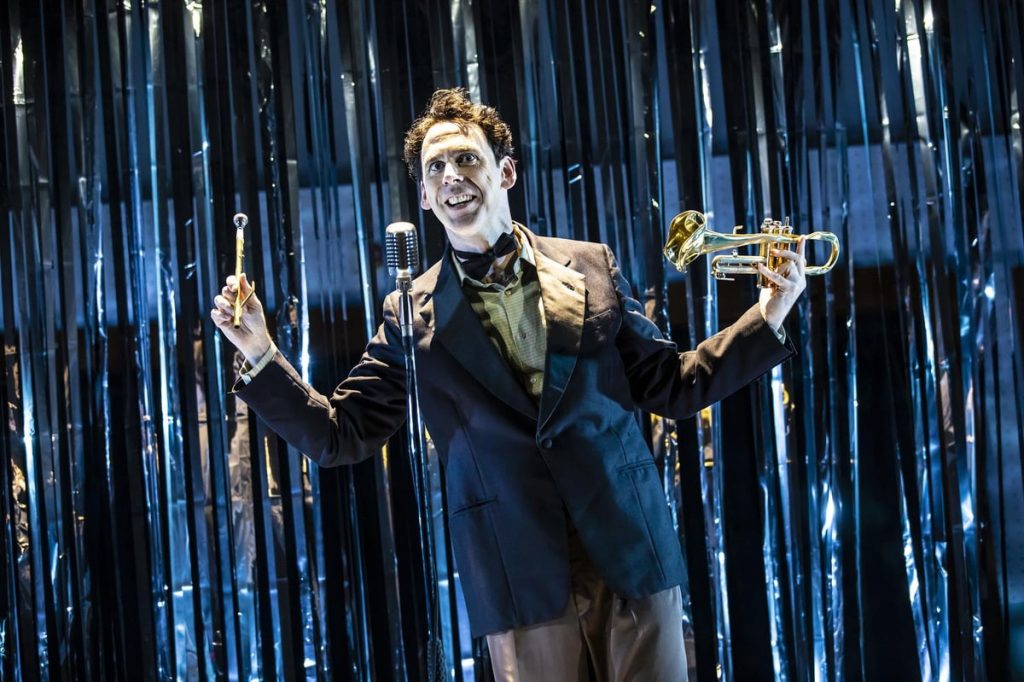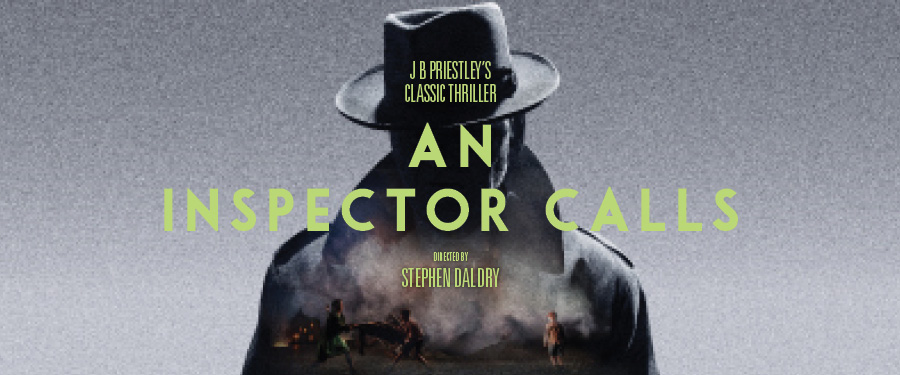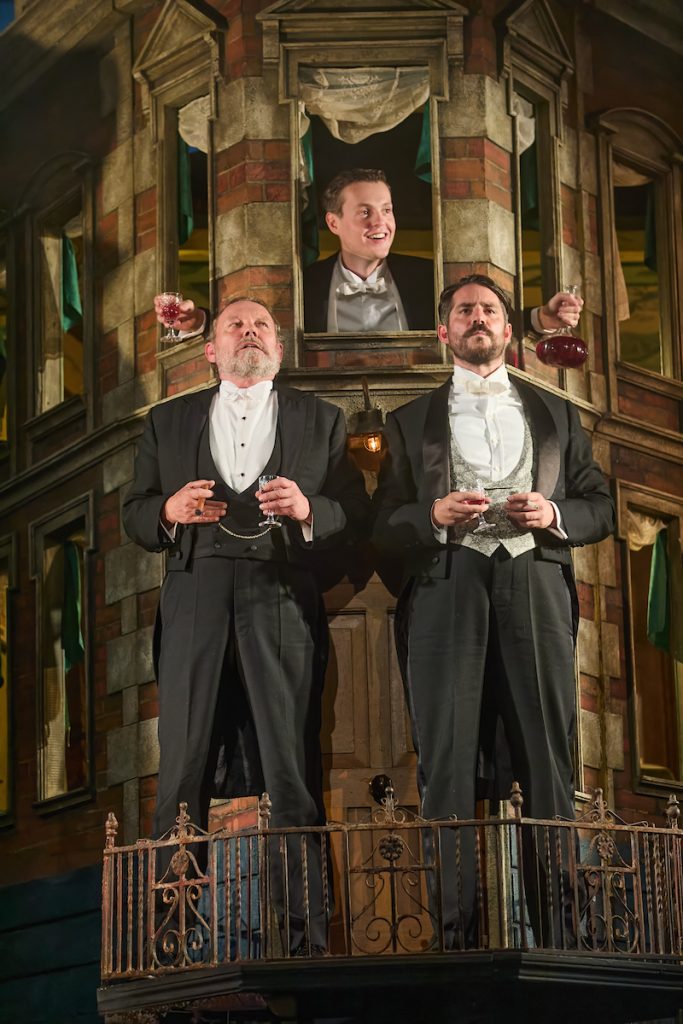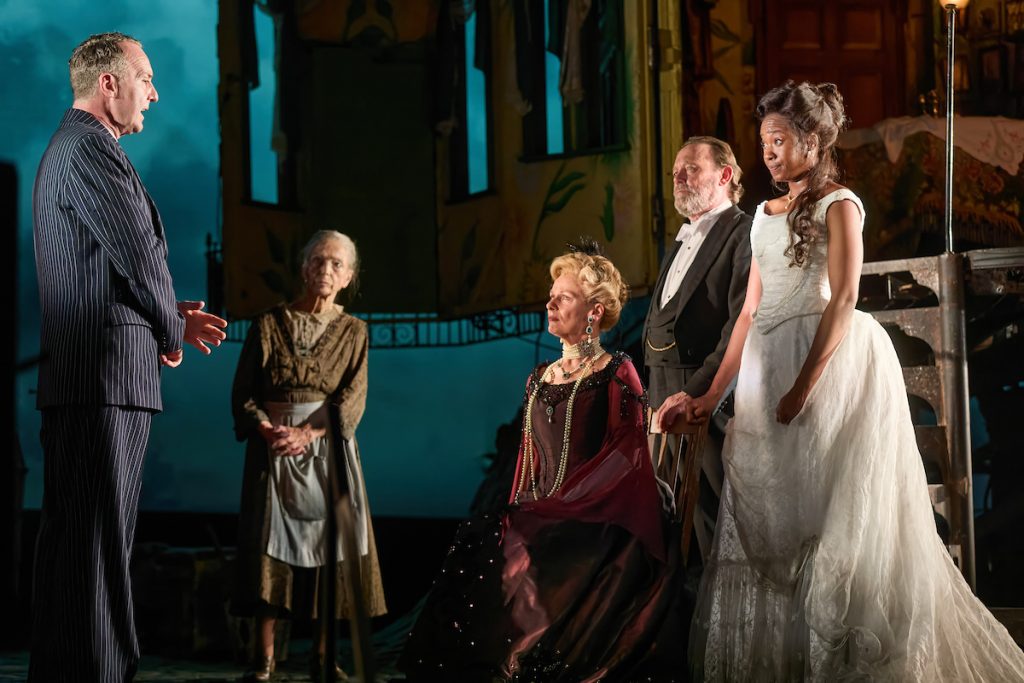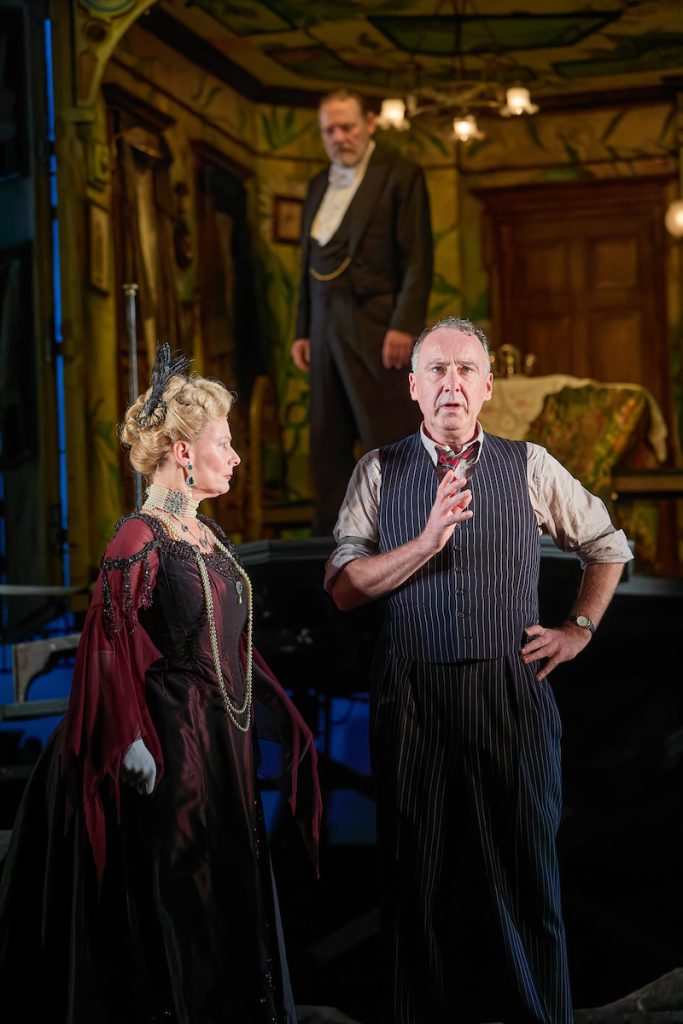As Sherlock Holmes: The Valley of Fear comes to Cardiff this week in the last stop of its acclaimed UK Tour, Community Critic Barbara Hughes-Moore spoke with stars Luke Barton and Joseph Derrington (aka Holmes and Watson). Adapted and directed by Nick Lane, The Valley of Fear follows two cases across two sides of the Atlantic and finds Holmes and Watson at a crossroads in their friendship.
This interview has been edited for clarity.
So Luke, you and Joseph first played Holmes and Watson in Blackeyed Theatre’s The Sign of Four a few years ago. You’re now reprising your roles in the UK Tour of The Valley of Fear, Arthur Conan Doyle’s final novel. Where do we find Holmes and Watson when the play starts?
Luke Barton (LB): Things have changed for Holmes and Watson, because at the end of The Sign of Four, Watson gets married to Mary Morstan! In the short stories that occur between [this book] and The Valley of Fear, we learn that Watson has moved out of Bakers Street. He’s set up his own doctors’ practice, and lives with Mary – but he does always seem to return to Baker Street. There’s something about the mysteries they go on that just keeps attracting Watson back to Holmes and Baker Street. So we find Holmes and Watson on New Year’s Day 1895: Watson has come home for Christmas –
Joseph Derrington (JD): And he’s not gone back!
LB: He’s chosen to stay with Holmes instead! Then a mysterious coded message arrives in the post warning them of some harm about to happen to a country squire down in Sussex. From there, they embark on this mystery, and very quickly they go back to what they know best: being a crime-fighting, mystery-solving duo.
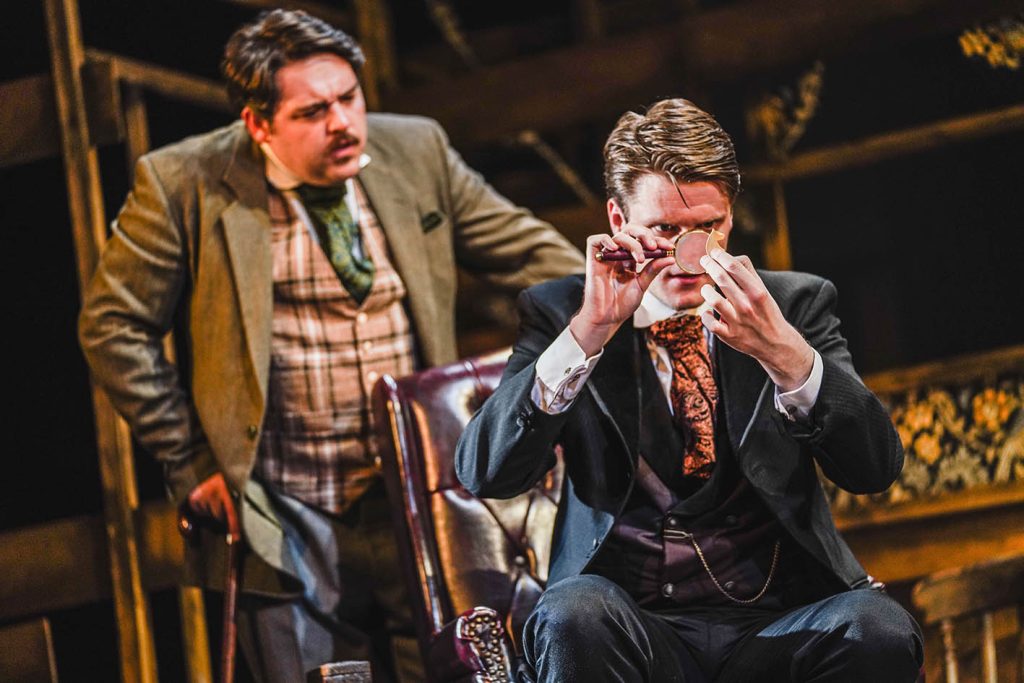
I guess a coded mystery message is the best present you could get Holmes and Watson!
LB: Holmes loves it! I imagine Christmas is very boring and sentimental for him but a mystery is like [a gift].
JD: Better than socks!
Joseph, these are two of the most iconic characters in literature. How do you go about crafting that sort of relationship, especially given that you’ve both played the characters before?
JD: I found it quite an easy process. When we first started rehearsals for The Sign of Four back in 2018, there was a lot of discussion about how the relationship between Holmes and Watson should be. Watson was a lot of the time portrayed as a buffoonish character. He’s obviously not as intelligent as Holmes but he’s still intelligent: he’s a medical man, a doctor. We wanted to try and push this relationship where one person is incredibly intelligent but needs one person to channel it. Watson is that person. And when The Valley of Fear came along, we just slipped back into it. What works quite well is that we still speak to each other when we’re not performing in shows! It helps that we like each other.
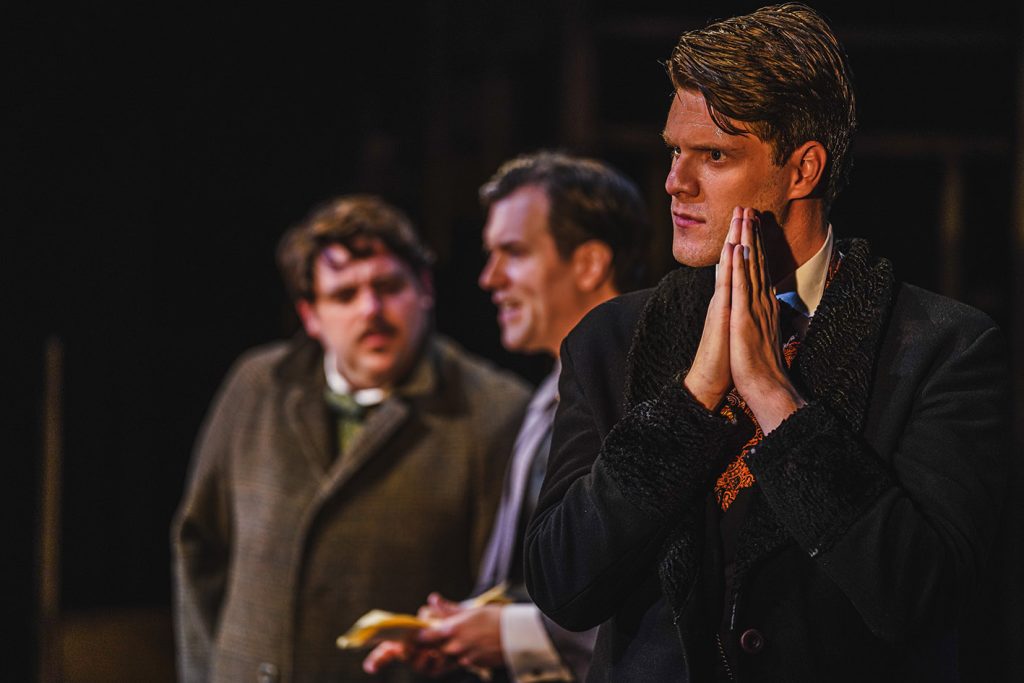
Do you draw anything from any particular adaptations, or do you leave that behind when focusing on this? How do they play into your process?
JD: I obviously draw off the looks of Jude Law (!) I’d never actually seen a lot of Holmes adaptations, which is probably quite bad! I focused on the discussions I had with Nick [Lane, the writer-director]. I tried to lead in more from the text than from how the character had been played before.
LB: I think for me and a lot of people our age, I was very excited by the BBC adaptation. It was after that version that I went on to read the stories. I think our performance and our production is very much rooted in the original stories and the world of Conan Doyle, and [like] the BBC adaption is done with great reverence to the books. The Victorian world that Conan Doyle creates is quite key to our production, and that was my inspiration as well. There’s something so quintessentially Victorian about Holmes: he is both very much a part of that world but also completely strange within it; he’s very un-Victorian in lots of ways.
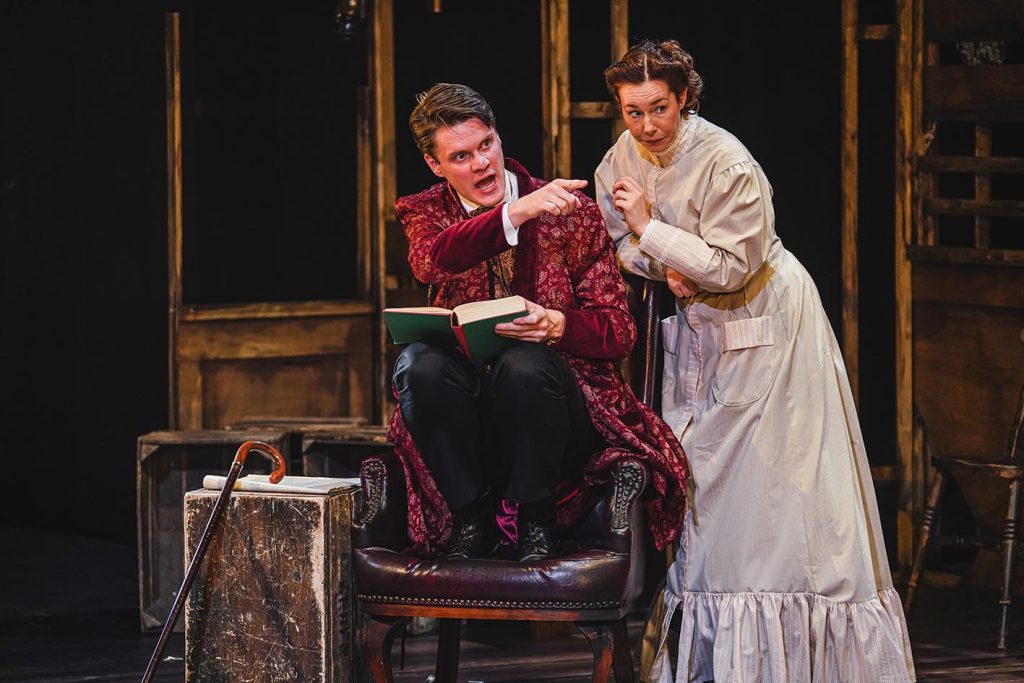
Is it important to you to you make him ‘sympathetic’?
LB: Holmes doesn’t care what other people think. But in the job he’s doing, I think he finds [that] emotions and feelings just aren’t helpful, and that’s why he’s described as this unemotional machine. But he is a human being: he just has an incredible capacity to filter stuff out, and that’s intriguing because most of us care what other people think. As actors, we spend every night standing in front of people getting judged by them. You’re always under the spotlight. It’s really refreshing to have a character that can switch that off.
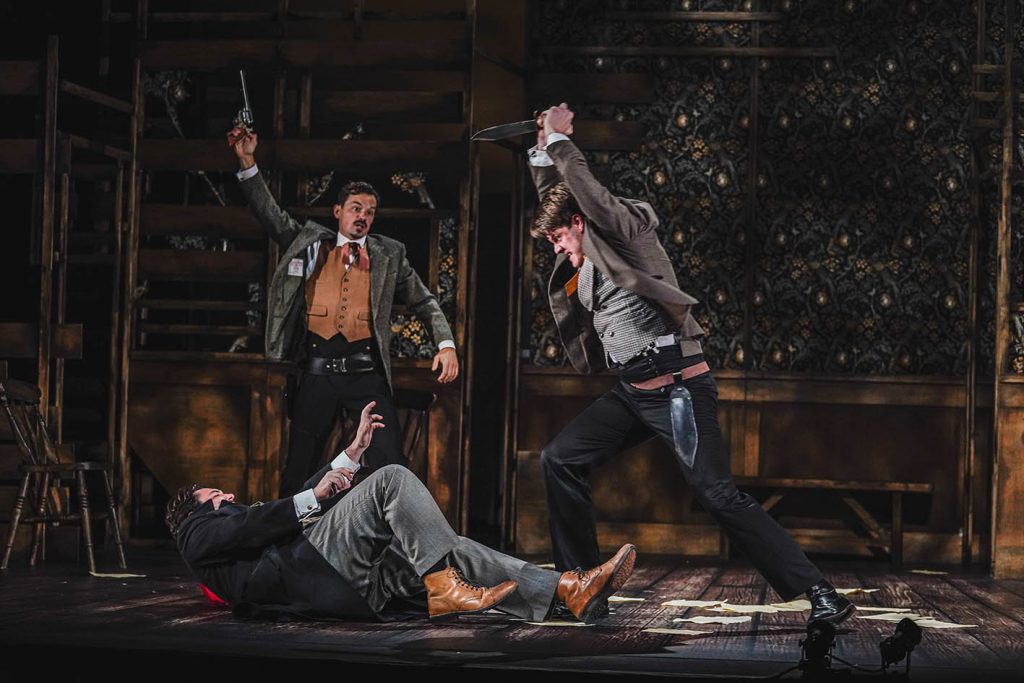
Why is this story so suited to the stage?
LB: There’s something about the larger than life events of these stories, particularly The Valley of Fear, that lend themselves to the theatre. Audiences expect more: we have to go on a bigger imaginative leap. The uniqueness of theatre is that as actors, we sit down with an audience and say: ‘we’re going to pretend we’re these people and you’re going to pretend we are as well’. When you throw in these big characters, like the gangsters and murderers we get in The Valley of Fear, it’s really exciting for an audience. It just allows the imagination to run wild.
JD: I think it also adds to the murder mystery, too: it’s more claustrophobic when you’ve got a mystery and there’s hundreds of people watching you and [anticipating] what’s going to happen in the next hour and a half. Some of the venues we’ve been to in the past, you can see the audience in the front row. We had a floor rolled out and when they’re on the edge of the stage, it does add to the pressure of trying to solve a mystery. No matter how many times we do it, it’s still exciting.
LB: They’re trying to solve it with us: Holmes and Watson are solving the mystery at the same time as the audience. That’s what makes it exciting: you have to figure it out as we do.
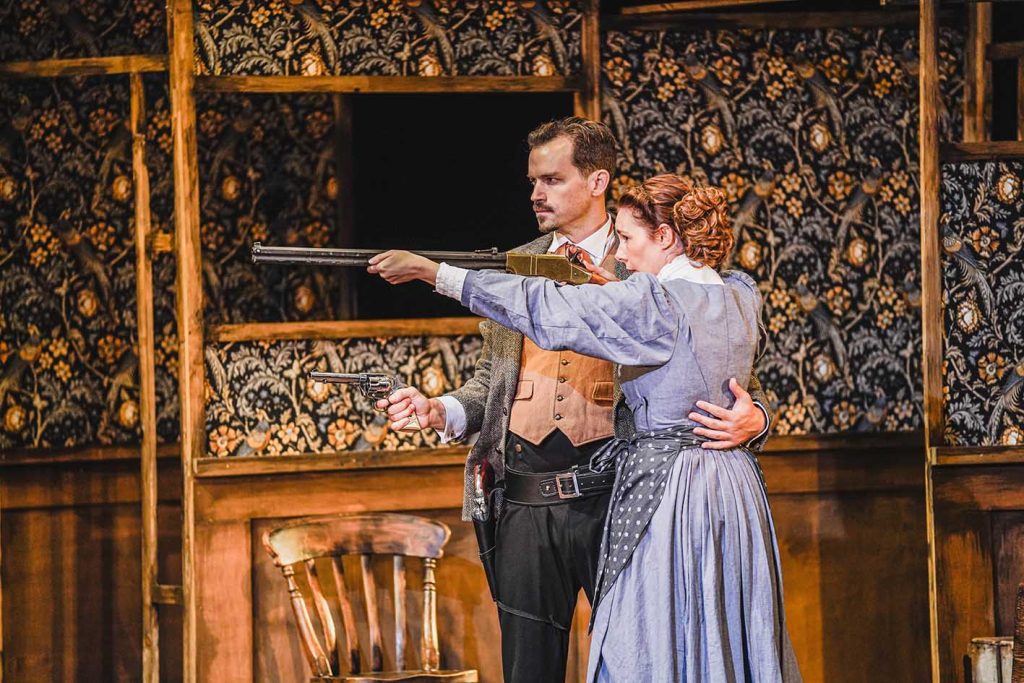
Do you find different audiences react in different ways?
LB: That’s the great thing about touring! Like Joe said, we’ve done over 160 shows now, and every night the audience is different: every town, every city, connects and responds to different things. They even root for different characters! And that’s one of the joys of theatre, especially of touring theatre: you go to so many different places, and each one has a different energy.
JD: And while it’s not a comedy, there are funny bits! Nick has tried to keep it very true to the story itself, and it’s nice to see proper Sherlock Holmesians – is there a word for them?
LB: ‘Sherlockians’.
JD: Like Beliebers?
LB: Yeah!
JD: So these Sherlockians are enjoying it even if they know how it ends, because it stays true to the book. It was nerve-wracking to start, [wondering] how Holmes fans would respond. It’s always tricky trying to please everyone – but I think we’ve done it! I’m pleased with it.
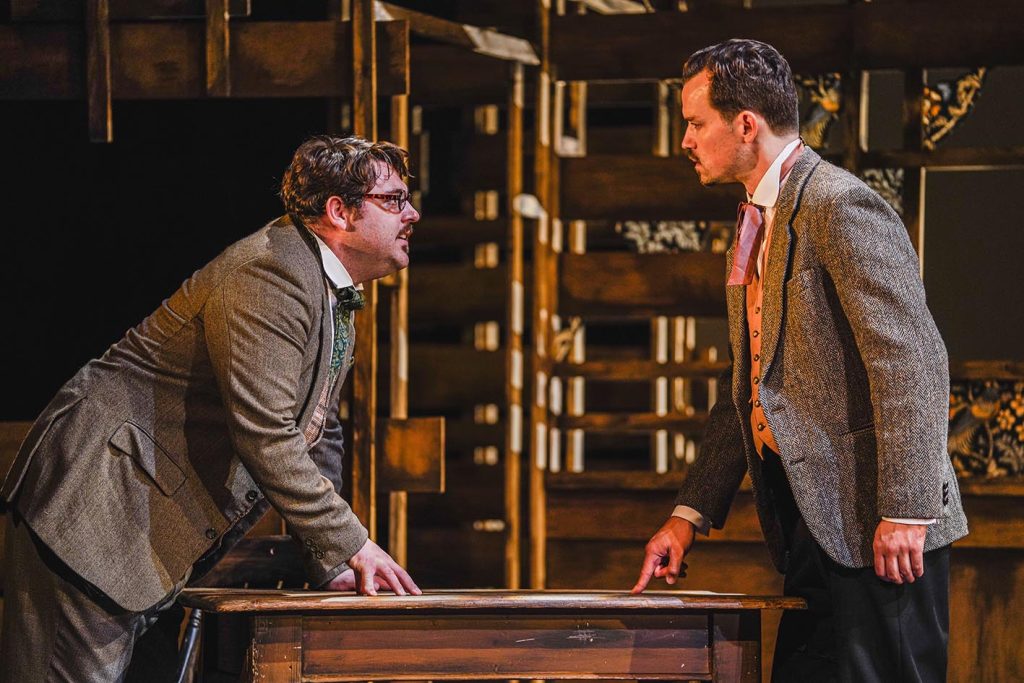
The Sherlockians take it really seriously, then?
LB: You’ll not see me in a Deer stalker in this production, but you will see people in the audience wearing one! Plus the full cape, the magnifying glass…
JD: And a lot of moustaches! I’ve seen a fair few – maybe they’re back in…
LB: You know, in the Victorian era, the bushier your beard, the manlier you were.
JD: So I’m semi-masculine, then?
LB: You’ll get there.
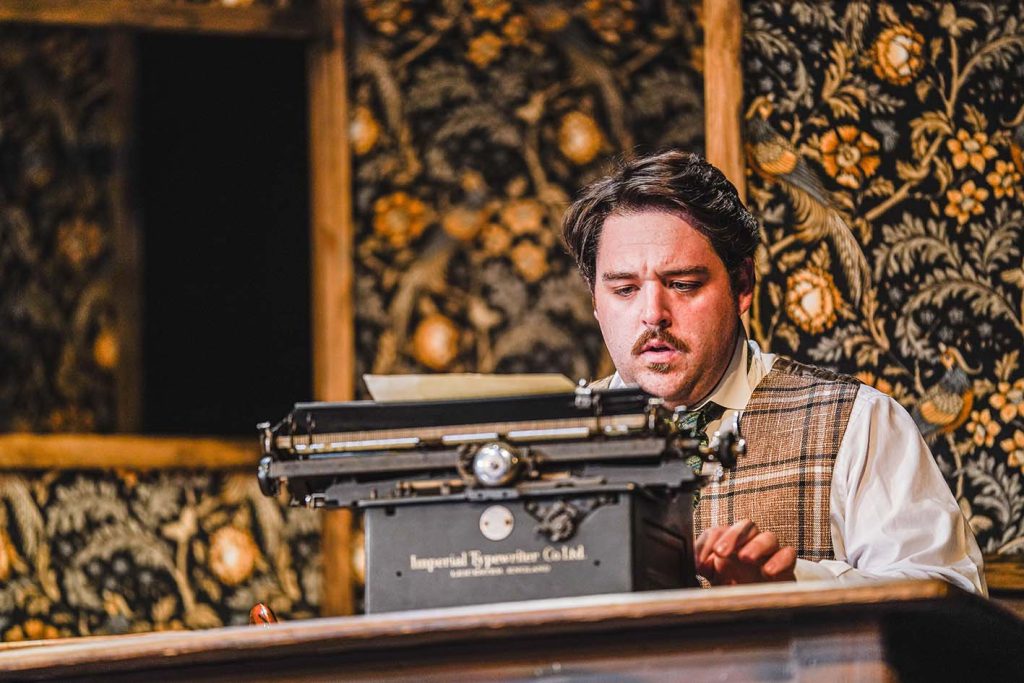
Watson is Insta-ready.
LB: You should see him tending that face.
JD: I can’t wait to try and twiddle it.
Only when you’re solving a mystery or being nefarious.
JD: It’s my thinking moustache…
Do you feel you’ve been able to relax into the roles this time around? Or is there something about bringing it back – the moustache, and everything else – that surprised or challenged you?
LB: I did relax a lot more this time around! Like Joe was saying, that feeling the first time around of stepping into the shoes of such brilliant actors, and bringing to life characters people really love, was overwhelming. This time it wasn’t quite as bad. I think what’s been interesting is that Nick really wanted to explore the limits of their friendship: how tricky it must be for Watson to be friends with [Holmes] and what that must be like. What happens if their friendship is tested? That’s been interesting to explore.
JD: For me, the only thing I found tricky was fitting back into the costume after lockdown!
LB: We all did!
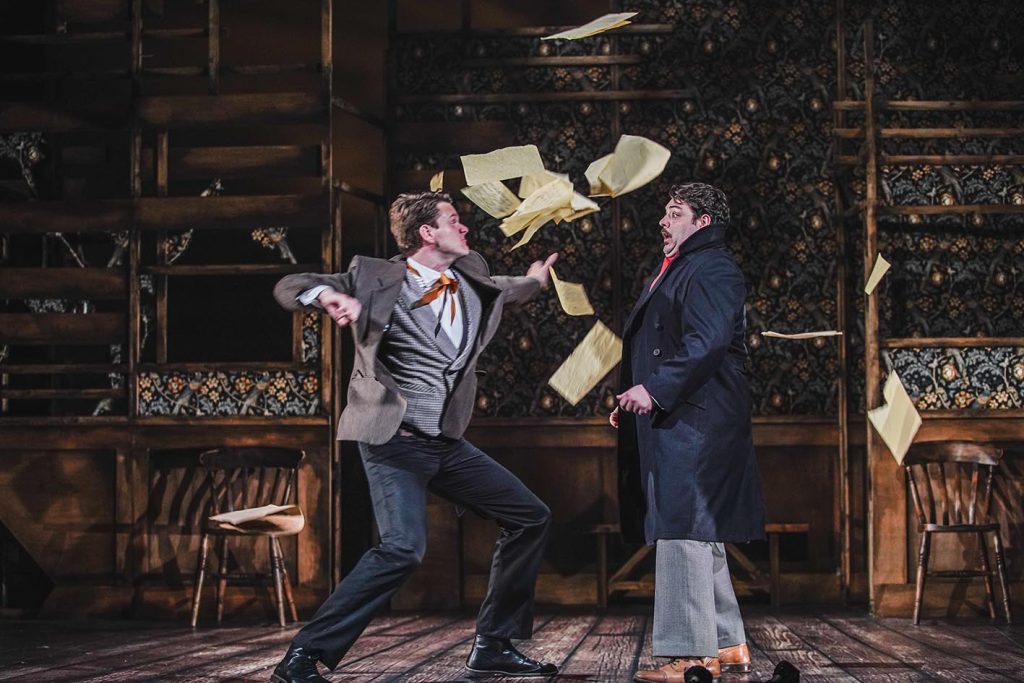
I wonder how Holmes and Watson would have coped in lockdown.
JD: They probably would have killed each other!
LB: Holmes would have gone mad. [Luke and Joseph produced a ‘Holmes in Lockdown’ short as a prelude to The Valley of Fear. You can watch the full video here.]
JD: Would Holmes have gone into a Baker Street bubble, or a Mary Morstan bubble?
LB: Definitely Baker Street.
JD: Yeah. That’s awkward!
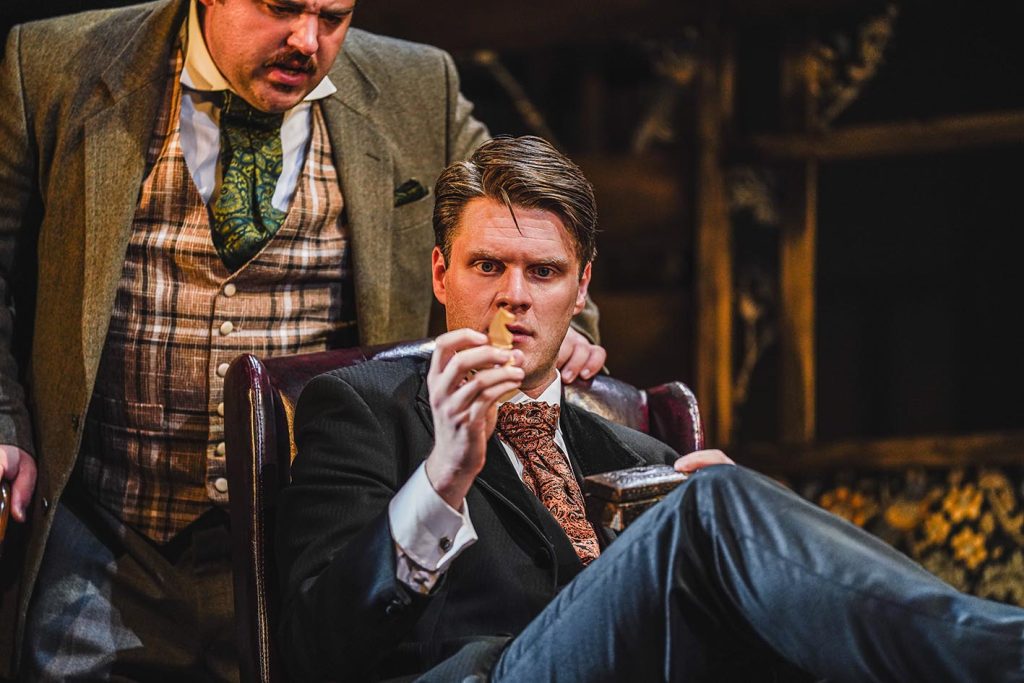
Why do you feel that Holmes and Watson are still so close to our hearts?
LB: They’re basically the first superheroes! You’ve got a dynamic duo with individual ‘powers’ that complement each other, and they use those powers to serve good: they’re superheroes that are also best friends. But there’s just something about their relationship [that] is so interesting. They understand each other even though they’re complete opposites and shouldn’t like each other. We all have that person we can’t be without – and that’s who they are to each other. The intrigue is the cherry on top.
JD: It’s human nature, isn’t it, to build connections with people? To ask for help when you need it; to communicate, and Holmes and Watson do communicate even when it’s one-sided. It’s the humanistic aspect we come back to.
Have you performed in Cardiff before?
LB: We didn’t take the The Sign of Four to Cardiff, though we did perform it in Llandudno – we’re really excited to come to Cardiff! After 8 months, we’re concluding our tour here so Cardiff is getting our last few performances: as of Friday we’re done.
JD: I’ve been brushing up on my Welsh.
Da iawn!
JD: Bless you.
We can’t wait to welcome you to Cardiff. The game is afoot!
Sherlock Holmes: The Valley of Fear is performing in Cardiff from Wednesday 24 – Friday 26 May 2023. There are only four performances so make sure to reserve your spot: you can find more information and how to book tickets here.
